The Cure for Schizophrenic Storytelling

by Joe Reid
Happy New Year to everyone! 1969 is upon us and the first new episode of Star Trek for this year is come! “Whom Gods Destroy” is the episode of the new year and although it was a smaller story, it was well crafted and concise.
It started off with the Enterprise arriving at a poisonous planet named Elba 2: a planet for the criminally insane. Kirk and Spock beamed down with an unnamed medicine that cured all incurable mental illness. As the curable ones have all already been cured throughout the galaxy, the asylum only had about a dozen patients in it.
Upon arrival they meet Governor Donald Corey, a very jovial man, who informs them that the asylum recently welcomed its 15th patient, Garth of Izar, a former captain that Kirk revered.
On the way to visit Garth, Marta, a green skinned Orion woman, says that Corey is not who he says he is. Corey laughs it off and takes them to Garth's cell, only to find that Corey, the real Donald Corey, is in the cell.
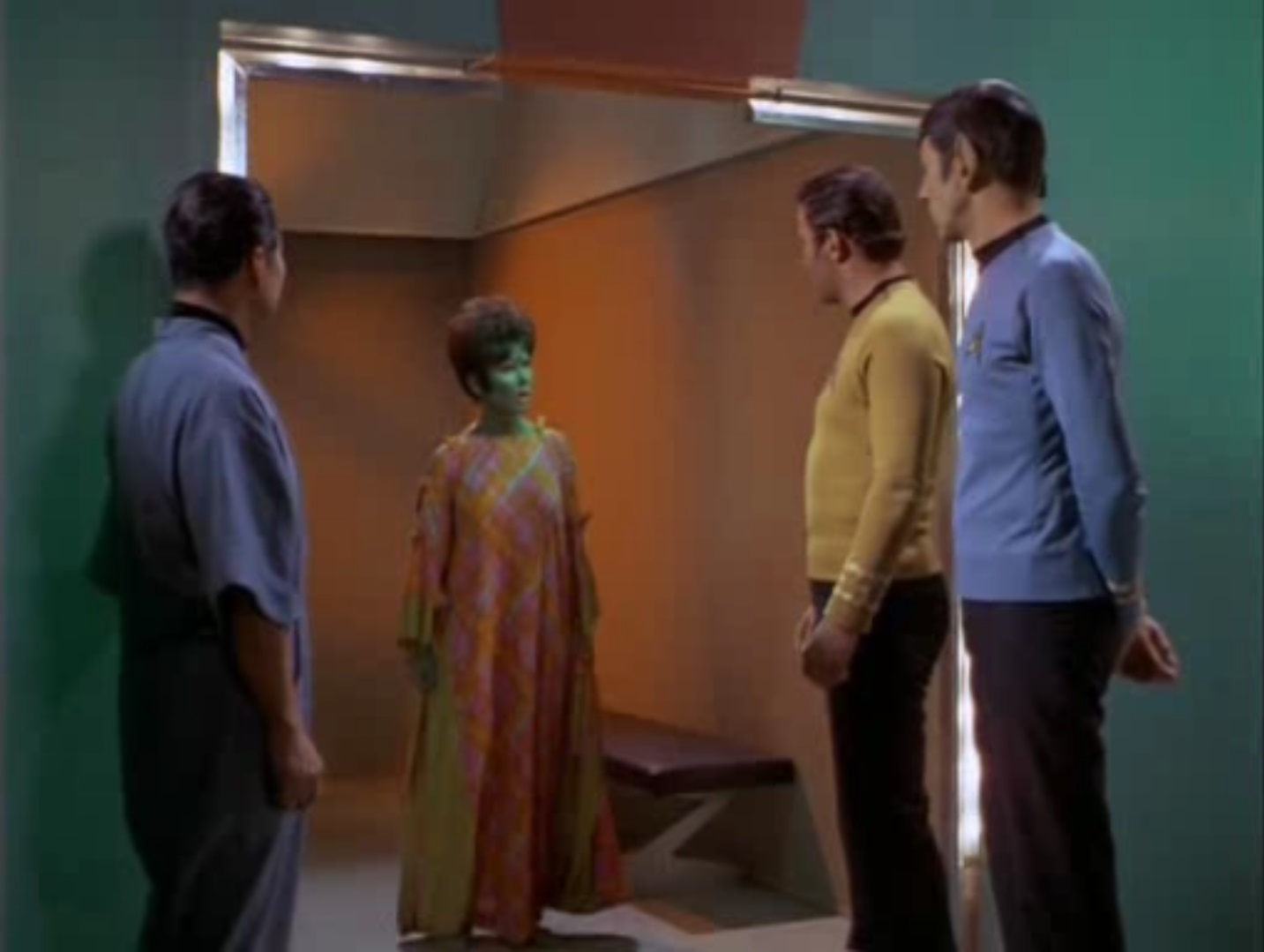
"Also, I'm Batgirl—why won't anybody believe me?"
Garth had tricked them, changing from Corey into his true form before their eyes, and freeing the inmates in the surrounding cells, bringing them to his side. Kirk and Spock are trapped on the planet. As Spock is dragged away unconscious, Kirk is put into the cell with the real Corey.
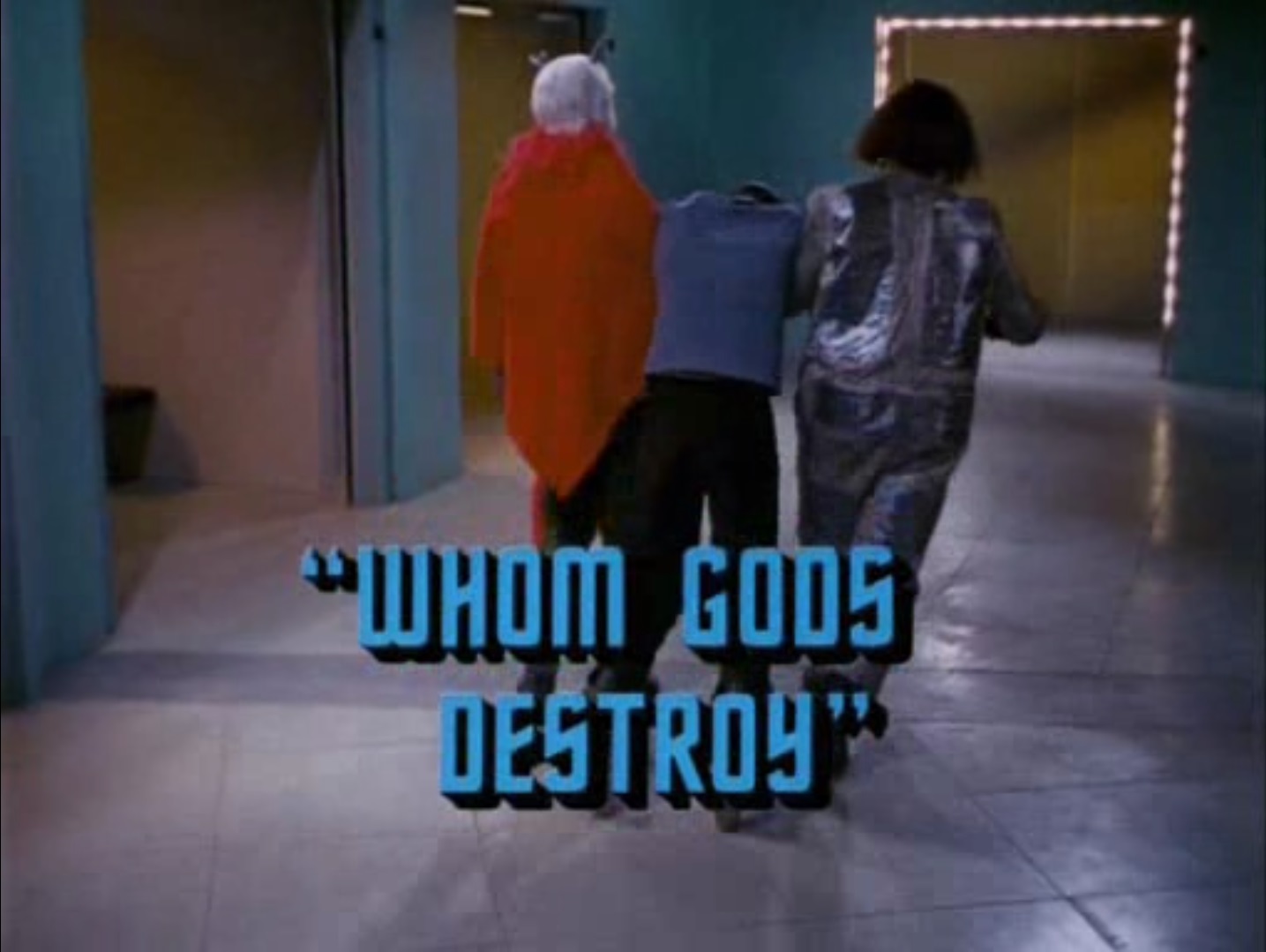
Lord Garth, leader of the future masters of the universe, as he now demands to be called, transforms into Kirk as a part of his plan to take the Enterprise and pursue vengeance against his former crew that mutinied against him.
As Garth contacts the Enterprise in the guise of Kirk, he is foiled in his attempt to gain access to the ship by Commander Scott. “Queen to queen’s level 3”, says Scotty. It's a passcode that the real Kirk set up as an increased security measure. Garth blows a gasket after this occurrs.
Garth then decides that he should change tactics. He goes back to Kirk, bringing Spock back and inviting them for dinner.
All the free asylum inmates, now Garth’s crew and subjects, are present and entertaining each other. We are even treated to a dance by the lovely, jade-colored Marta.
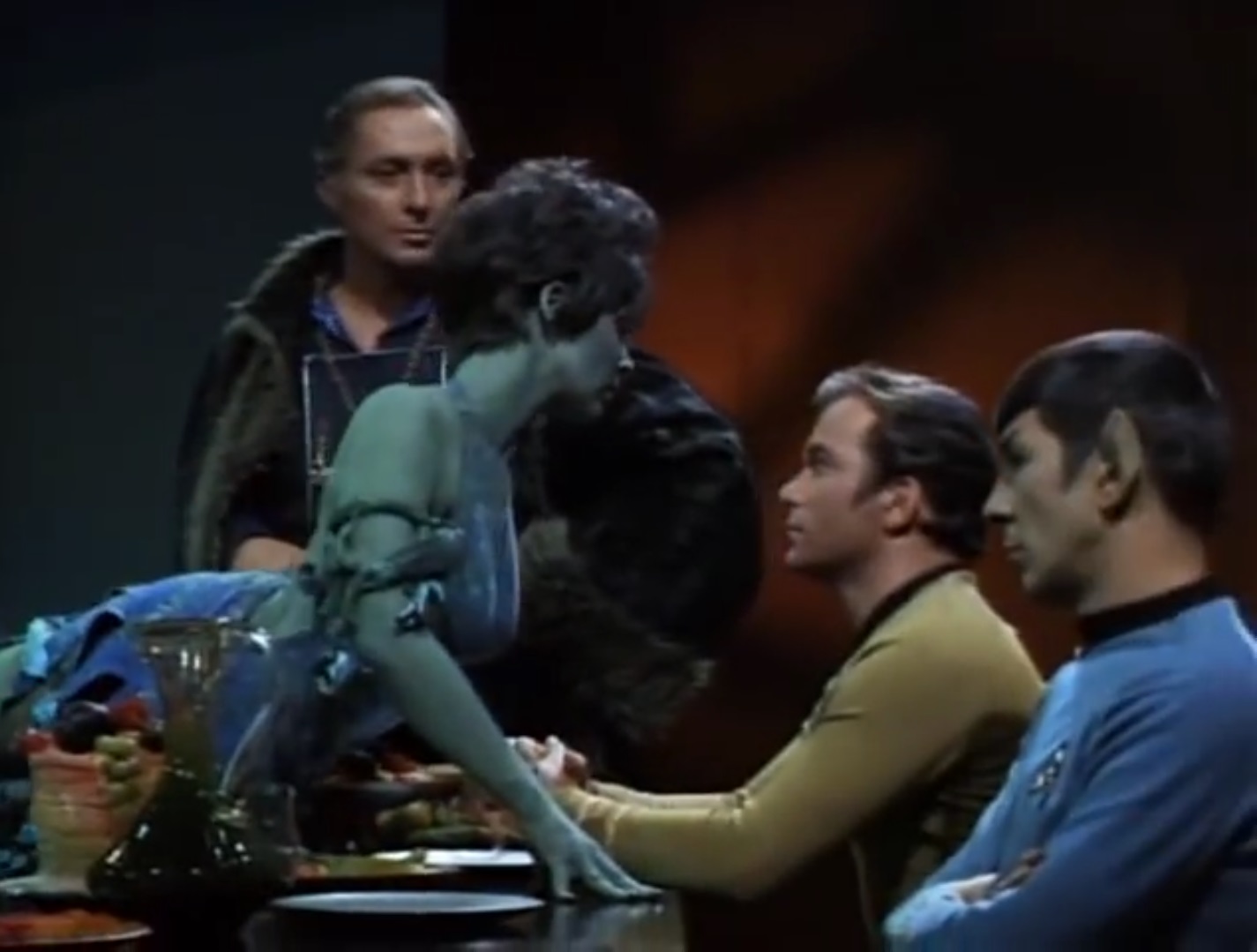
"Dessert, Captain?"
At this point I considered this episode, written by Lee Erwin, to be fully set up.
What came next was an expertly written tale of misdirection and subterfuge, by all parties. Kirk as the hostage trying to use his intelligence and wits to find a way out. Scotty, as a commander seeking to find a way to rescue his captain without causing him harm. Garth, as a brilliant, but insane, changeling able to match wits and brawn with Kirk to achieve his aim of universal domination.
Several times throughout the episode I had my assumptions challenged and my expectations subverted.
Again, I give credit to Mr. Erwin for crafting a tale with fleshed-out characters and subtle nods to history. Garth, wearing his coat with this left arm in the sleeve and the other draped over his shoulder, hinted at him being a futuristic Napoleon Bonaparte. Marta was a complex character who was as insane as the other inmates, yet lived within some rational rules and boundaries, never lying to anyone about anything.
Kirk, and the rest of the crew made no mistakes in the episode that a less skilled writer might employ to increase tension.
In the end this small, self-contained story did many interesting things, but didn’t try to do too much. There were many paths that this story could have meandered down, but Mr. Erwin skillfully kept the main thing the main thing. A great start for 1969 Star Trek in my opinion.
Five stars

by Janice L. Newman
The Little Captain
I was very much impressed by “Lord Garth’s” performance. He took a role which would have been terribly easy to overplay and made it his own. Thanks to movies, TV, and comic books, we’re all familiar with the idea of the inmate of an asylum who ‘thinks he’s Napoleon’. Often such roles are treated as one-note portrayals: usually for laughs, occasionally to be creepy or frightening, sometimes to be pathetic. Brilliantly, Steve Ihnat manages to infuse his performance as Garth with all of these, smoothly transitioning from menacing and cruel, to throwing a tantrum like a small child, to being unintentionally funny even as one tries not to laugh.
One of the most interesting and subtle aspects was Garth’s furred, gold-lined coat. Throughout the episode, except when he is disguised as someone else, he is never seen without it. He’s constantly fidgeting with the coat, swinging it around him like a cloak (with one sleeve hanging ridiculously off the back), slinging it over one shoulder like a toga, or even cuddling it like a child with a security blanket. The coat becomes a physical representation of his delusion, and it’s not until the very end of the episode, when he’s beginning to respond to the treatment of his mental illness, that we see him without it at last.
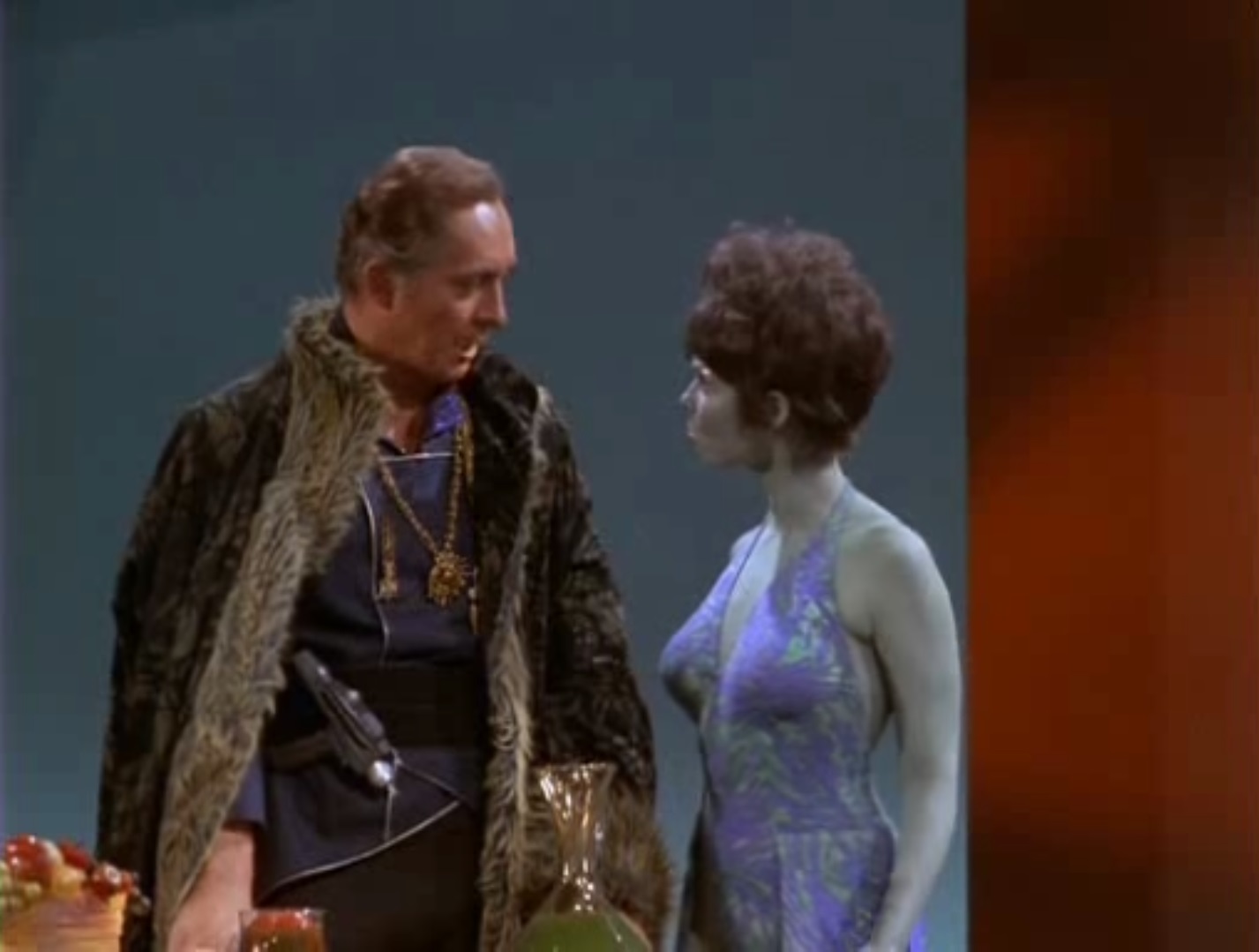
"Don't tell me how to wear my clothes…"
There were many other things I liked in the episode, but the one that stayed with me, and which I suspect will stay with me for some time to come, was “Lord Garth”.
Five stars.

by Gideon Marcus
Birth of a Dream
As is tradition, before we tuned into Trek Friday night, we all gathered 'round the dinner table for a fanzine read. Trekzines are a land office business these days, and my mailbox sees a good half dozen amateur publications in it each month devoted just to Trek (not counting the half dozen or so others that cover science fiction in general). This time around, it was the near-pro quality Triskelion issue #2.
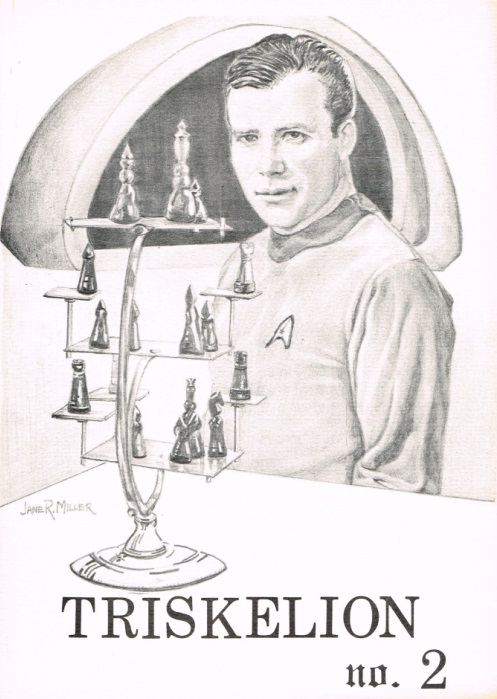
The first piece in the fan-mag is by none other than Hal Clement, the famed hard science fiction author and professor, writing about the Enterprise and its basis in real science. Abstruse stuff, but interesting. It just goes to show how engaging the universe of Star Trek is, above and beyond the weekly drama and our favorite characters.
In addition to being a fine piece of writing and a showcase for some quite good acting, "Whom Gods Destroy" was compelling for how much it told us about the setting of the show. For though the episode takes place in the claustrophobic confines of Stage 10 on the Paramount lot, redressed to look like the prison colony of Elba, the dialogue fills in details about the show that seem to address the very beginning of the entire Federation.
When Kirk was put on trial in the episode "Court Martial", we learned that he had an award for "the Axanar peace mission". No other details were given at the time. In "Whom Gods Destroy", it turns out Axanar was the site of a terrific battle, one in which Fleet Captain Garth's participation was essential to victory. Kirk recounts that he was a "newly fledged cadet" when he went on the subsequent peace mission (in a role that could not have been too momentous given his inexperience). If Kirk is 35, which makes sense since last year he was 34, then he was a cadet probably 17 years ago, when he was 18.
And just last episode (well, last rerun), Spock related he'd been serving in Star Fleet for 17 years.
Hmm.
Add to that the fact that the Axanar accords resulted in Kirk and Spock being "brothers", and the significance of the event becomes pretty clear.
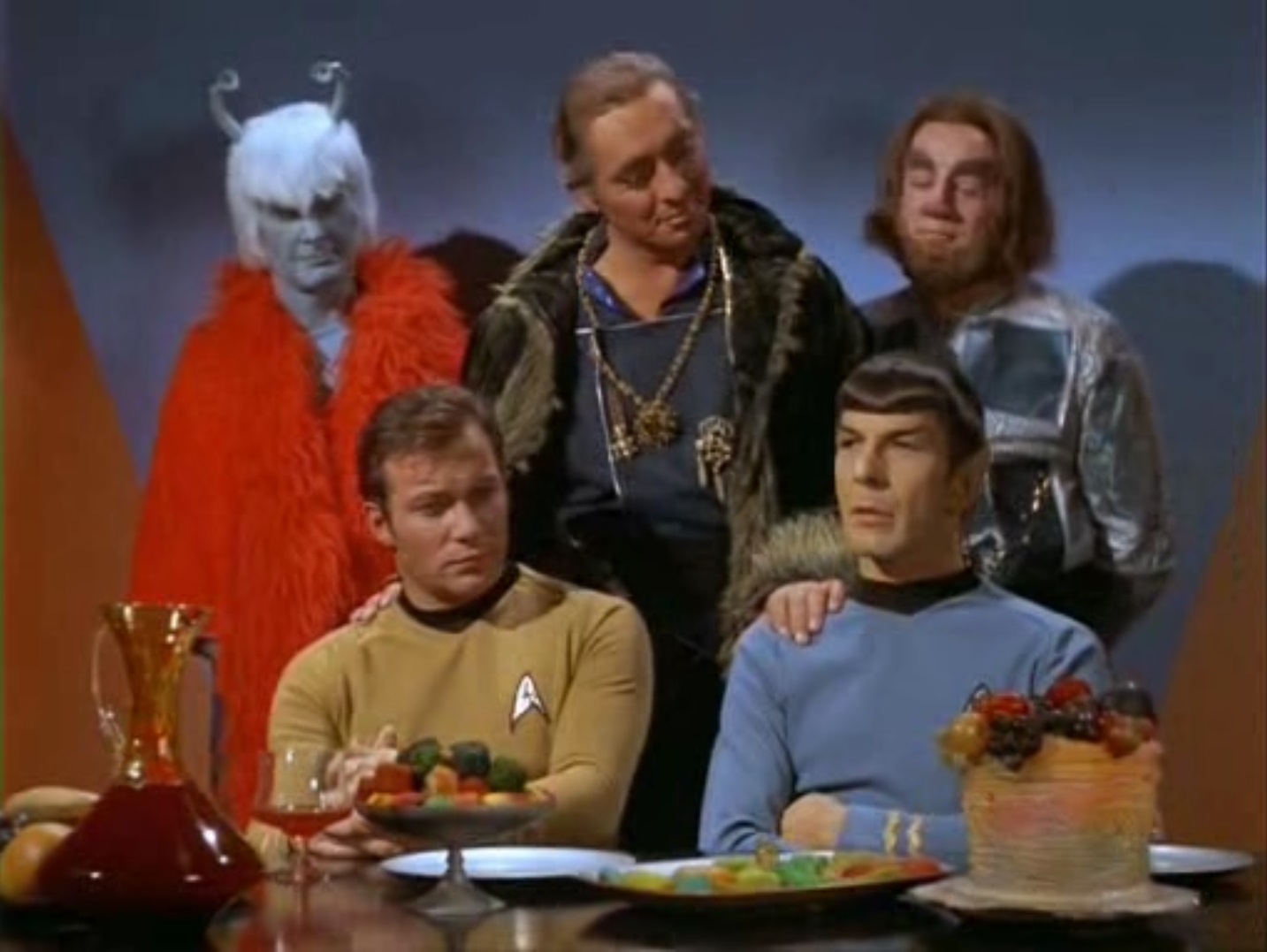
Kirk, Spock, Garth, red boa-cloak, and piggy-face: brothers, thanks to Axanar
In the first half of the first season of Trek, there were no references to the Federation. The Enterprise was an "Earth ship" reporting to the "United Earth Space Probe Agency". Only gradually did the words "Star Fleet" and "Federation" get bandied around with frequency. That suggests that the United Federation of Planets is a fairly new nation.
I deduce that Axanar was some sort of titanic conflict between what would be the major races of the Federation: the humans, the Vulcans, the Andorians, the Tellarites, the Orionids, and all the rest. It might even have resulted in a defeat for the Vulcanians—the "conquering" to which McCoy refers in "Conscience of the King". But now, the UFP is like a United Nations with teeth, ensuring harmony among the myriad worlds that have banded together in the name of peace.
Garth, a soldier's soldier, and maddened by a grievous injury, could not stomach this clemency, so he tried to incite an insurrection on Antos IV. Happily, the Antosians were having none of it, lest the shaky foundations of the Federation be toppled even as they were laid.
After Axanar, Kirk became an explorer first, and a soldier second. Now that Garth is on the way to recovery, perhaps he can join Kirk on that noble expedition to the stars.
About face

by Lorelei Marcus
It is not often that our Captain Kirk submits readily to another person. He gives his respect to direct Starfleet superiors, but to an esteemed alien passenger or important civilian escort, he shows only the required amount of deference, and sometimes less. Even when he or his ship is threatened with mortal danger, he refuses to buckle to the whims of any supposedly all-powerful being, often to his own detriment.
Yet, in "Whom Gods Destroy", Kirk not only lacks hostility towards his captor, but in fact follows Garth's orders and tries to reach an understanding with him through exclusively nonviolent means. One could argue this was merely Kirk acting out of self-preservation, as Garth could have killed him with a phaser at any time. However, in a similar episode, "Plato's Stepchildren" Kirk relentlessly resisted the physical control of the Platonians, almost to his death. He is not one to give in easily, if at all.
Then why the change in temperament with Garth? I postulate two reasons. First, Garth is a former starship captain and Federation hero. Kirk grew up reading of his exploits and admires Garth as a man of greater rank and accomplishment. Even in his delusional state, Garth still invokes an awe that commands obedience, even from Kirk.
Second, Kirk understands that Garth is mentally ill and doesn't hold him accountable for his actions. When dealing with other enemies, Kirk is unyielding from his position of righteousness. Other foes act horrendously, with full intent and cognizance, justifying Kirk's equally stubborn resistance.
But Garth does not truly know what he's doing, at least not the Garth Kirk worships and admires, and he's better dealt with using a soft hand. Ironically, this ends up being the wrong choice. On multiple occasions, Kirk tries to reason with Garth and talk him down. However, his diplomacy never works—as it shouldn't, given Garth's insanity is incurable. If not for Spock's clever ruse and confidence with his phaser, they might never have escaped the prison.
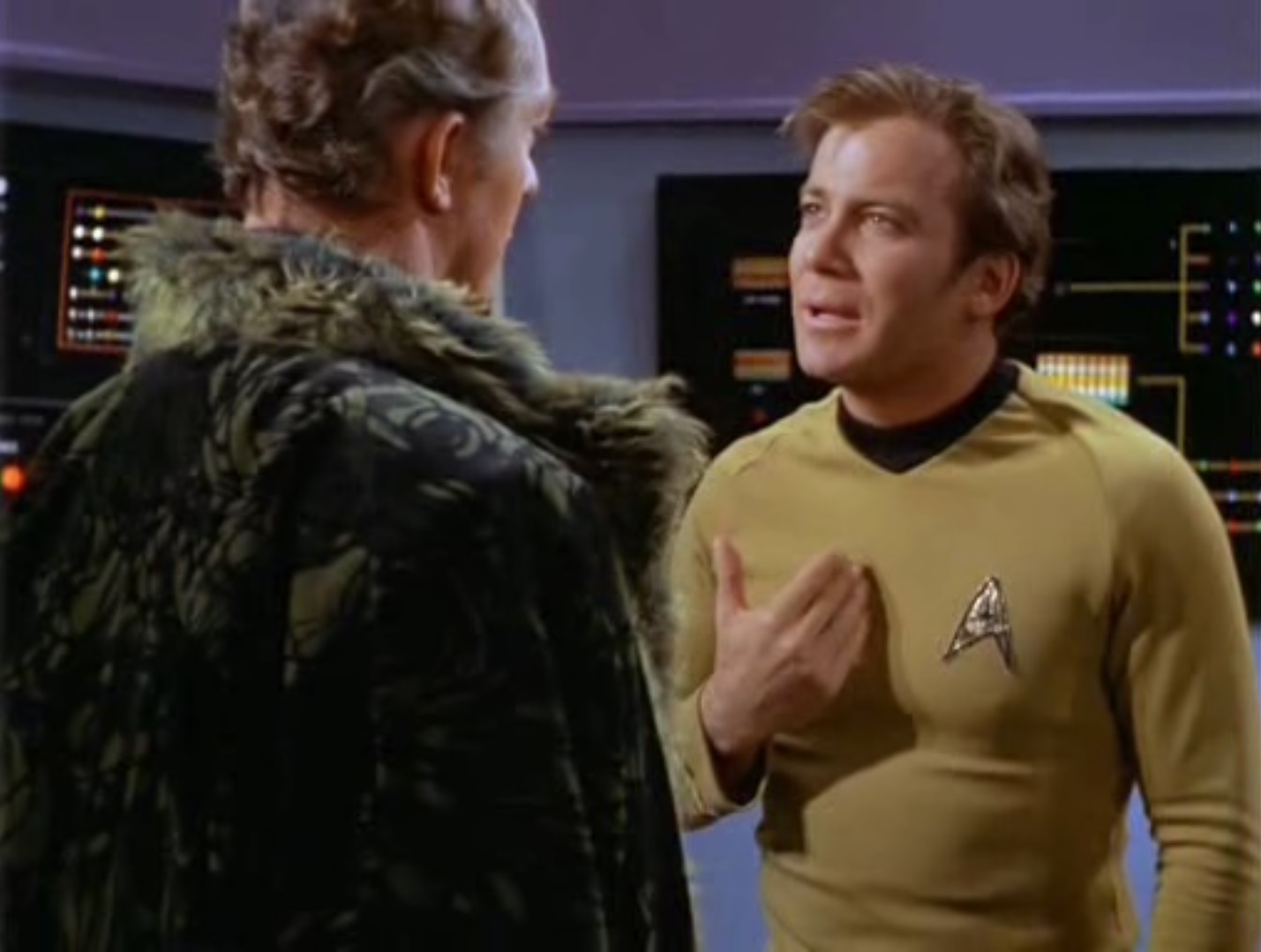
Kirk gives diplomacy the old college try
Between the acting and the development of Federation history, "Whom Gods Destroy" makes for an excellent bottle-esque episode.
5 stars.

by Mx. Blue Cathey-Thiele
Second Verse, Same as the First
GARTH: You wrote that?
MARTA: Yesterday, as a matter of fact.
GARTH: It was written by an Earth man named Shakespeare a long time ago!
MARTA: Which does not alter the fact that I wrote it again yesterday! I think it's one of my best poems, don't you?
Kirk seems destined to watch his heroes fail. Professors and peers from the Academy, fellow officers, esteemed scientists. Time and time again, he expects better from his fellow humans, and is met instead by (mostly) men who think that the only issue with ultimate authority and unchecked ambition is the personal failings of previous tyrants.
“It has been said that history repeats itself. This is perhaps not quite correct; it merely rhymes.” -Theodor Reik
Even with all the horrors he has encountered, perhaps even in spite of them, he is quick to declare a paradise, to look for the best in others. The rank of Starship Captain must demand a degree of ego, surely, to be capable of commanding over 400 persons, making life-or-death decisions, and being the first to approach previously unknown species and planets. Setting the stage for humanity and the Federation is a doozy of a first impression! A sense of confidence is a must, then.
We have seen Kirk mishandle situations, fall prey to his own weaknesses. But he also relies on Spock and McCoy to check him. Is it enough? After peers and mentors keep making the same mistakes with catastrophic repercussions… is it telling of the system, of the people, or both? Just what sort of curriculum does the Academy promote, that so many graduates have gone on to lose perspective, take over planets, view tyrants from history as inspiration, reconstruct fascist regimes? To repeat the mistakes and tragedy of history, thinking that this time they can do things right.
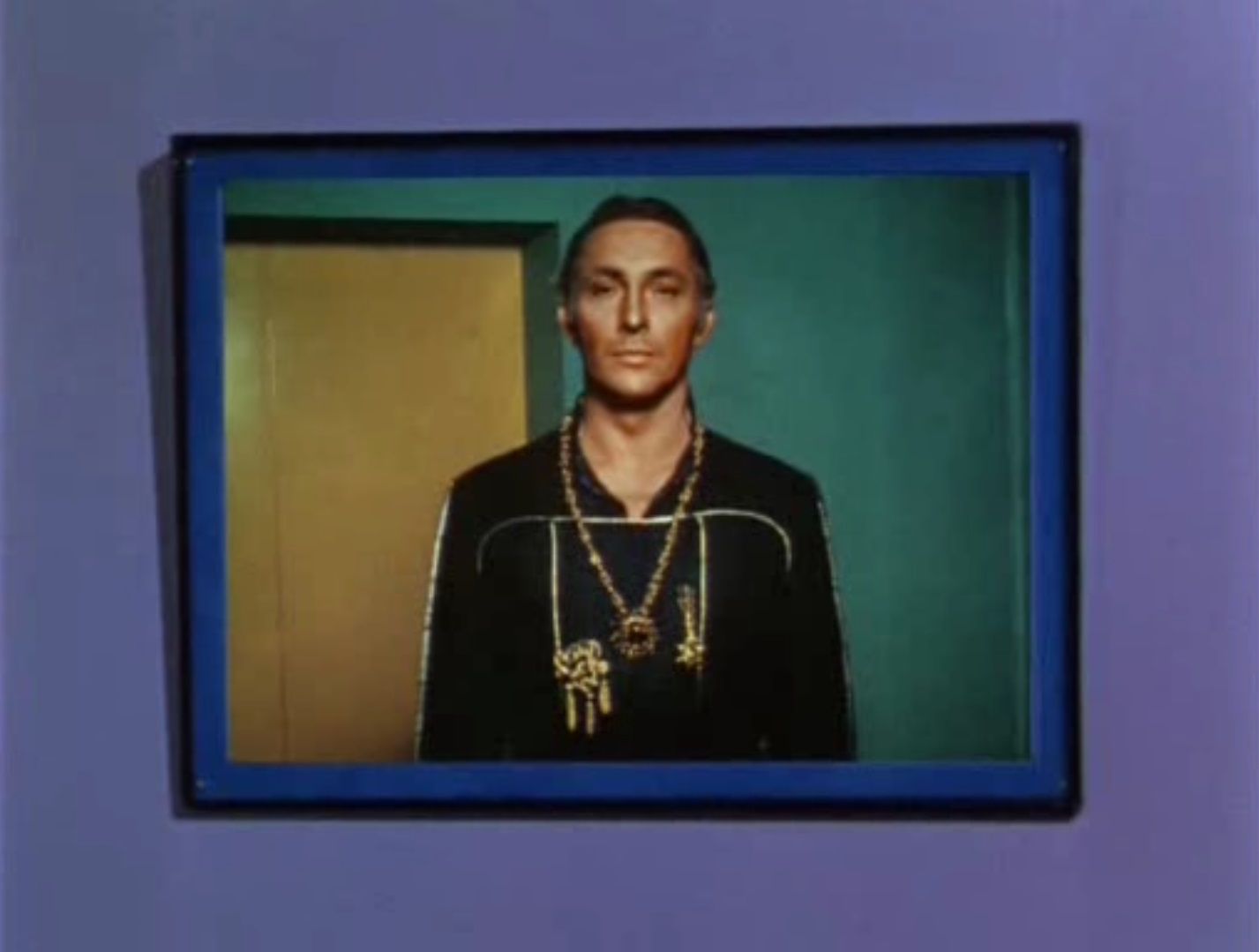
Starfleet: molding megalomaniacs for more than 20 years!
Consider Dr. Daystrom's desperate need to achieve again, at the cost of lives in war games with his M5. Or Lt. McGivers, so enamored with how men “used to be” that even as a historian who knew of Khan, she was easily swayed. Remember Dr. Adams who used a neural neutralizer to gain complete control of Tantalus, or Gary Mitchell declaring himself a god upon gaining psychic powers? And of course we can't forget John Gill, a historian and teacher so sure of his ability to do it the 'right way' that he recreated the Nazi regime. Kirk and his colleagues have stumbled to different degrees over the Great Man theory, the notion that history hinges on exceptional individuals.
More importantly, on dismissing those who aren't Great Men. Only the fact that his crew mutinied saved the planet of Antos 4 when Captain Garth was unable to handle the rejection. And yet, without his crew, he could do nothing. (Mutiny! As recently as in The Tholian Web, there is no recorded instance of such on a starship.) The story was written before, it will be written again. Abuse finds home in authority. Once one thinks of people as something less than human (or in Trek, alien), it is possible to justify any number of injustices.
Much of this episode was a re-wording of what has been said before, and usually said better. It wasn't terrible, but I'd like a key-change, at least.
3 stars
[Come join us tonight (January 10th) for the next thrilling episode of Star Trek! KGJ is broadcasting the show live with commercials and accompanied by trekzine readings at 8pm Eastern and Pacific. You won't want to miss it…]

![[January 10, 1969] Mad for this show (<i>Star Trek</i>: "Whom Gods Destroy")](https://galacticjourney.org/wp-content/uploads/2024/01/690110title-672x372.jpg)
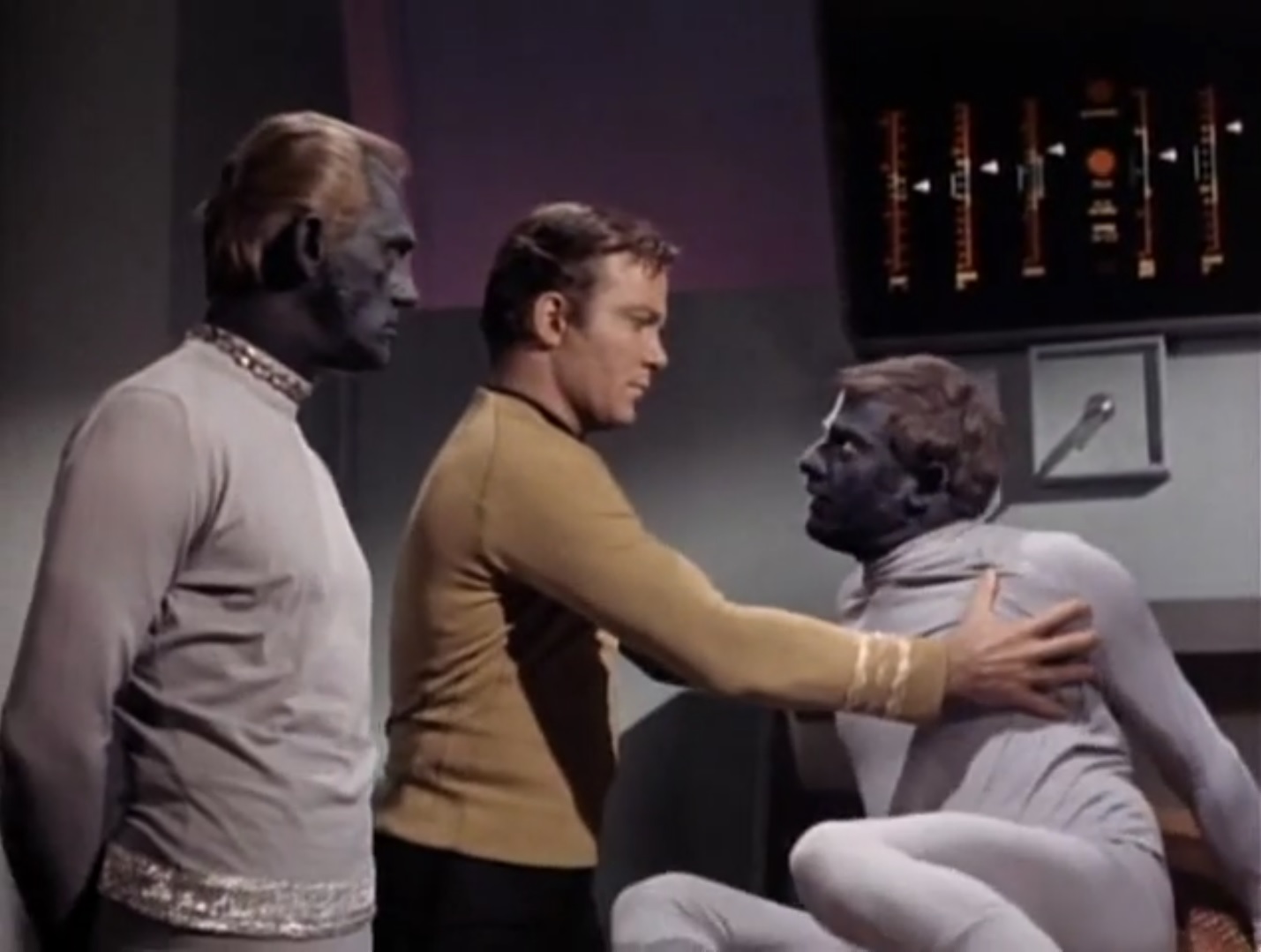


![[January 2, 1969] Blood, Sweat, and Tears (<i>Star Trek</i>: "Elaan of Troyius")](https://galacticjourney.org/wp-content/uploads/2023/12/690102title-672x372.jpg)

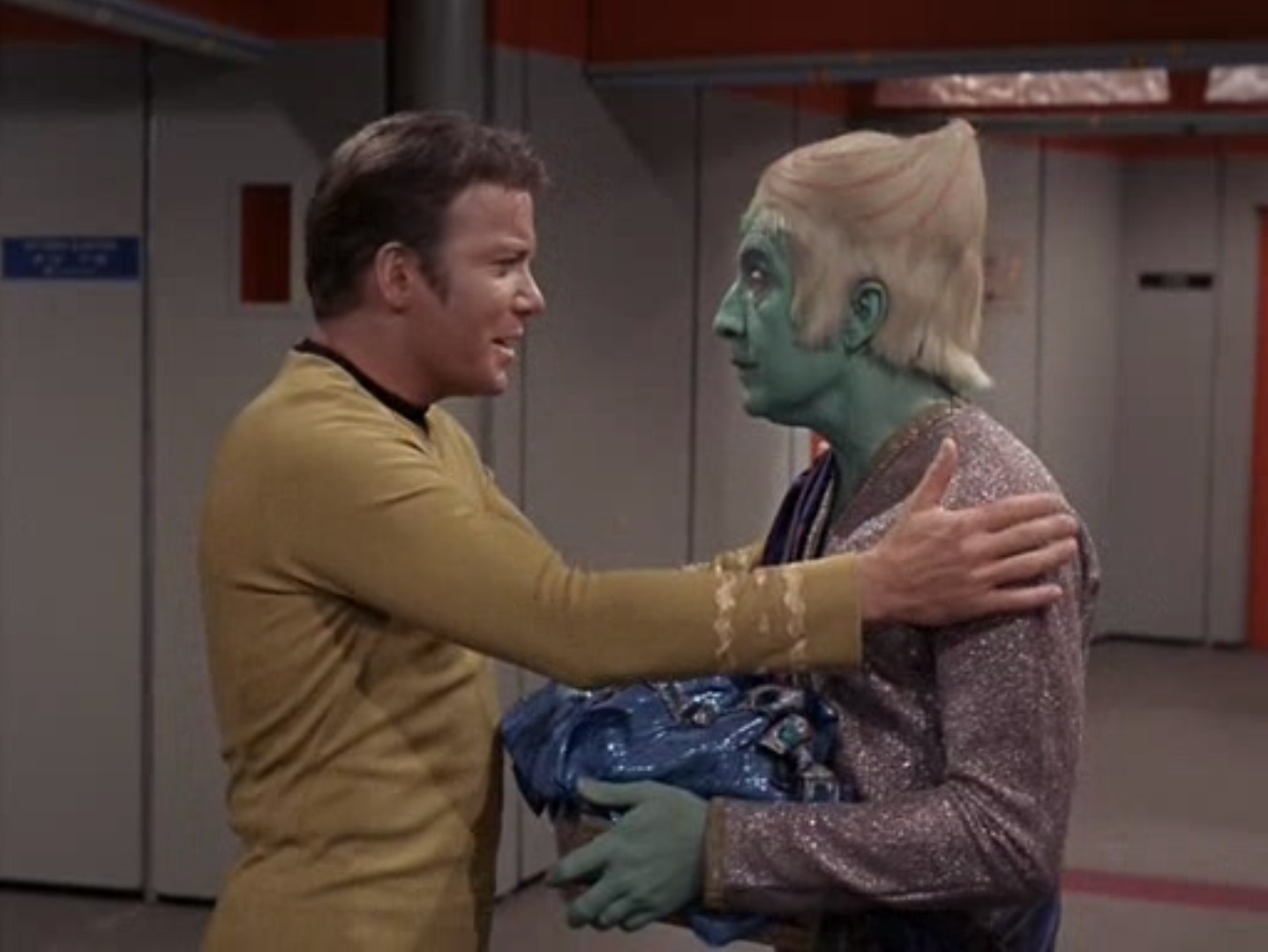
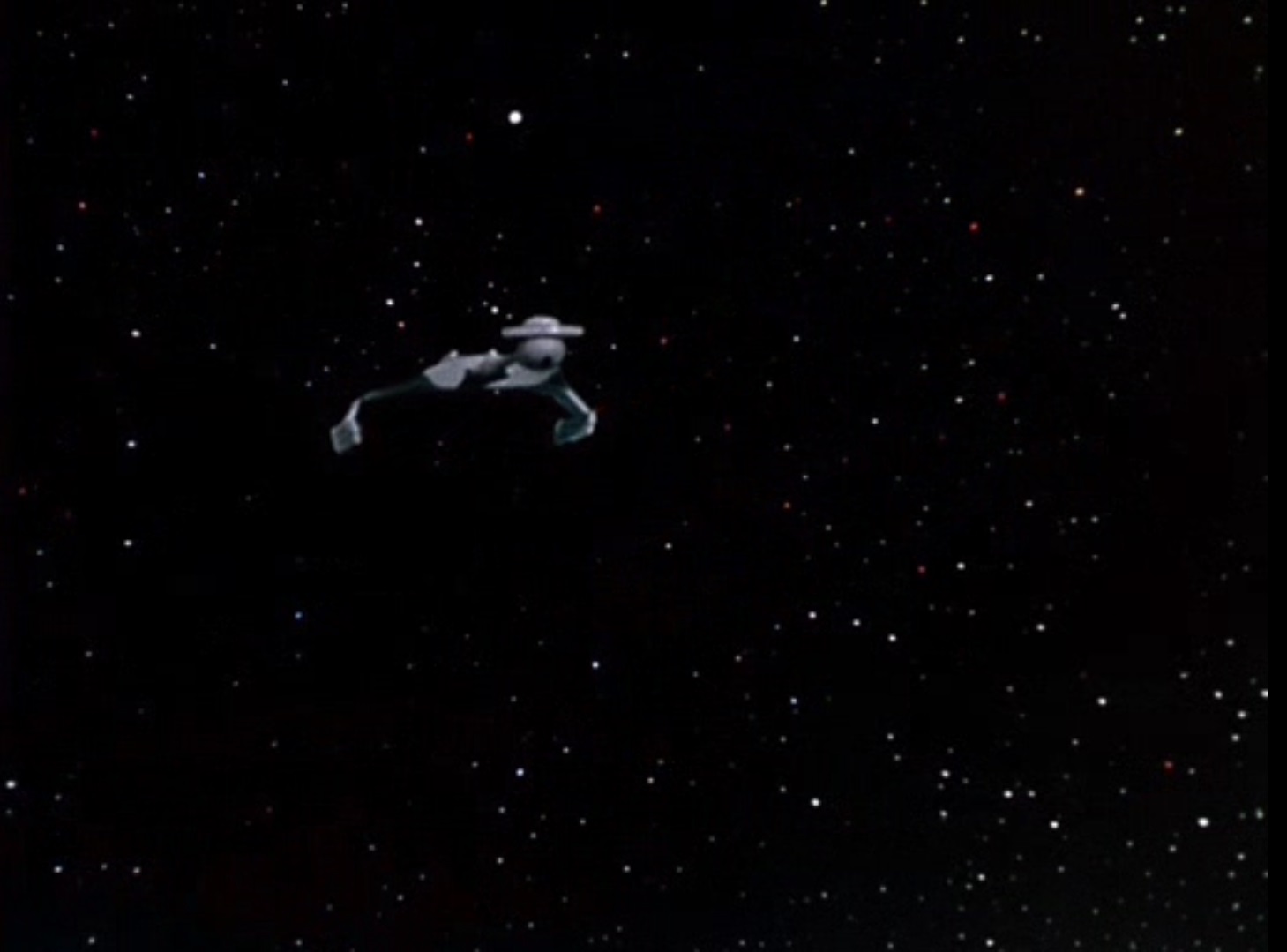
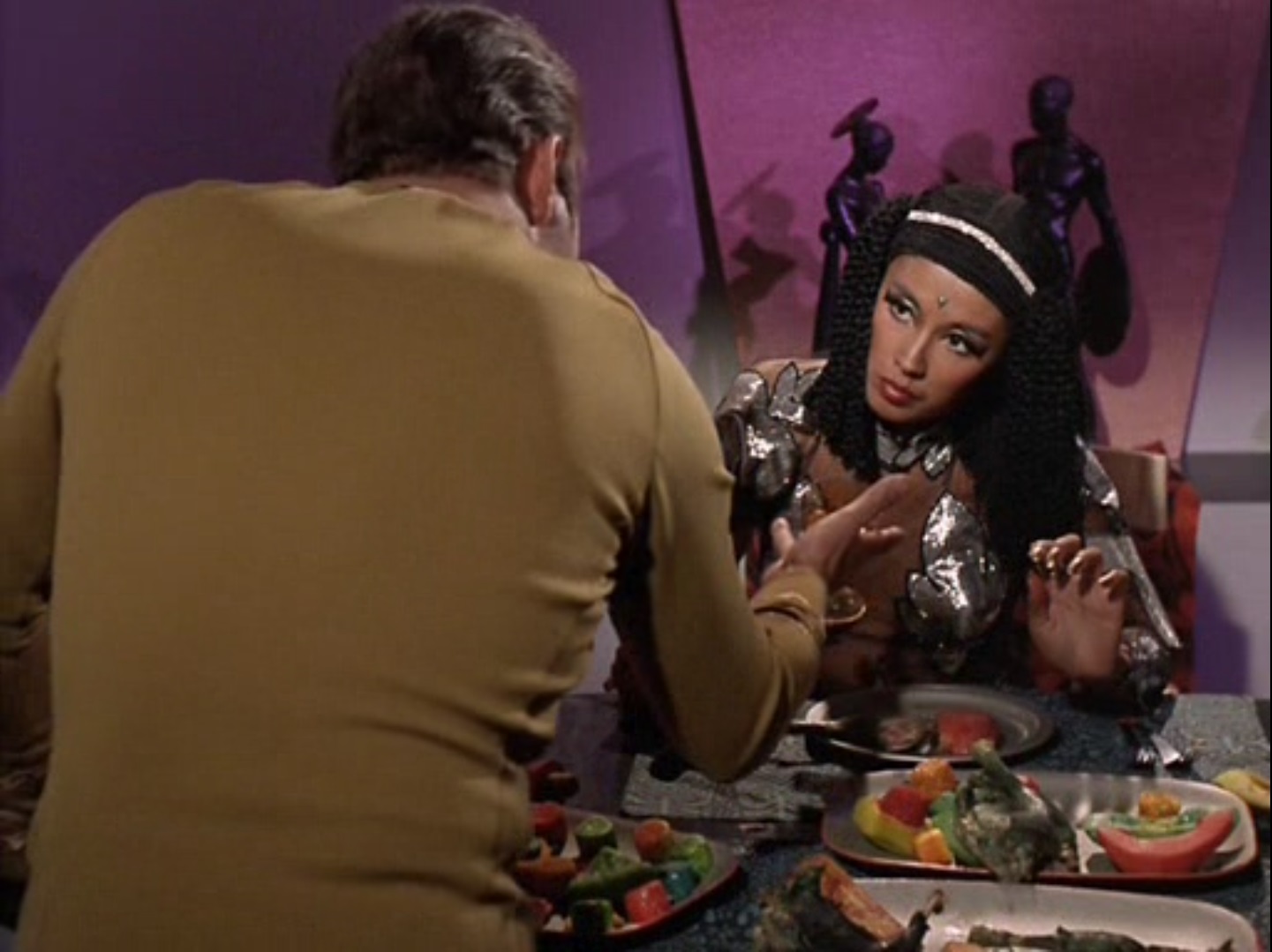

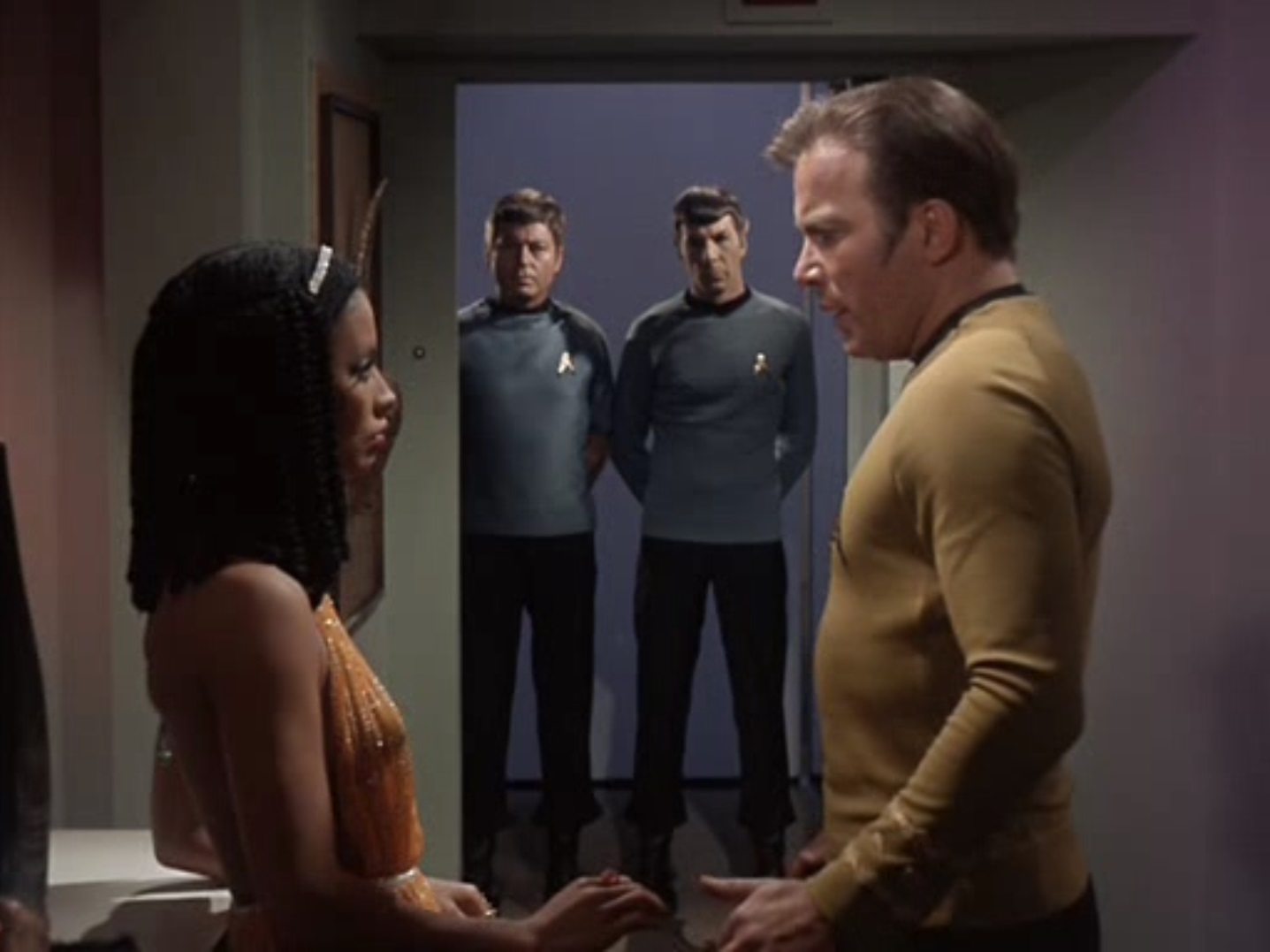
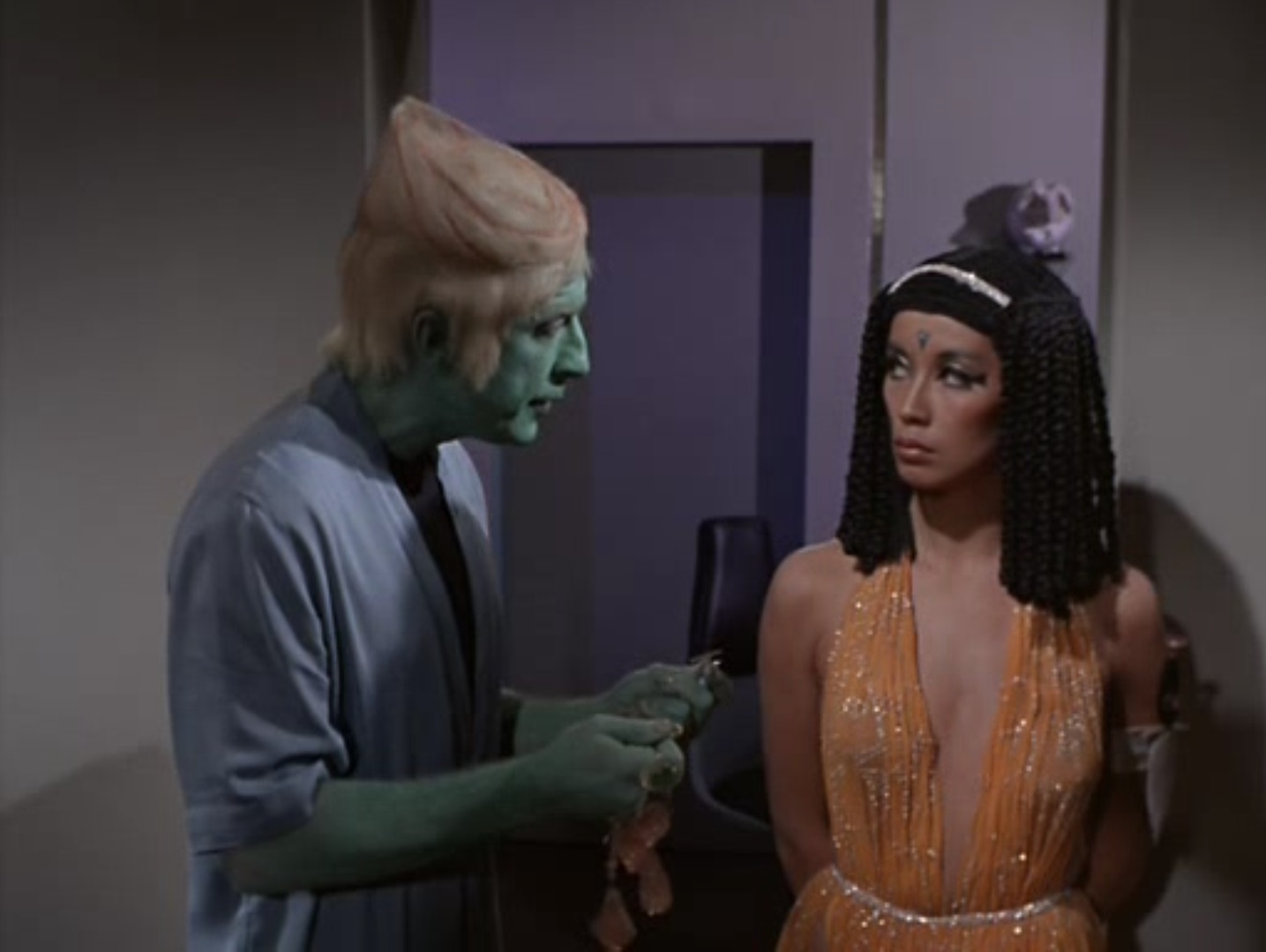
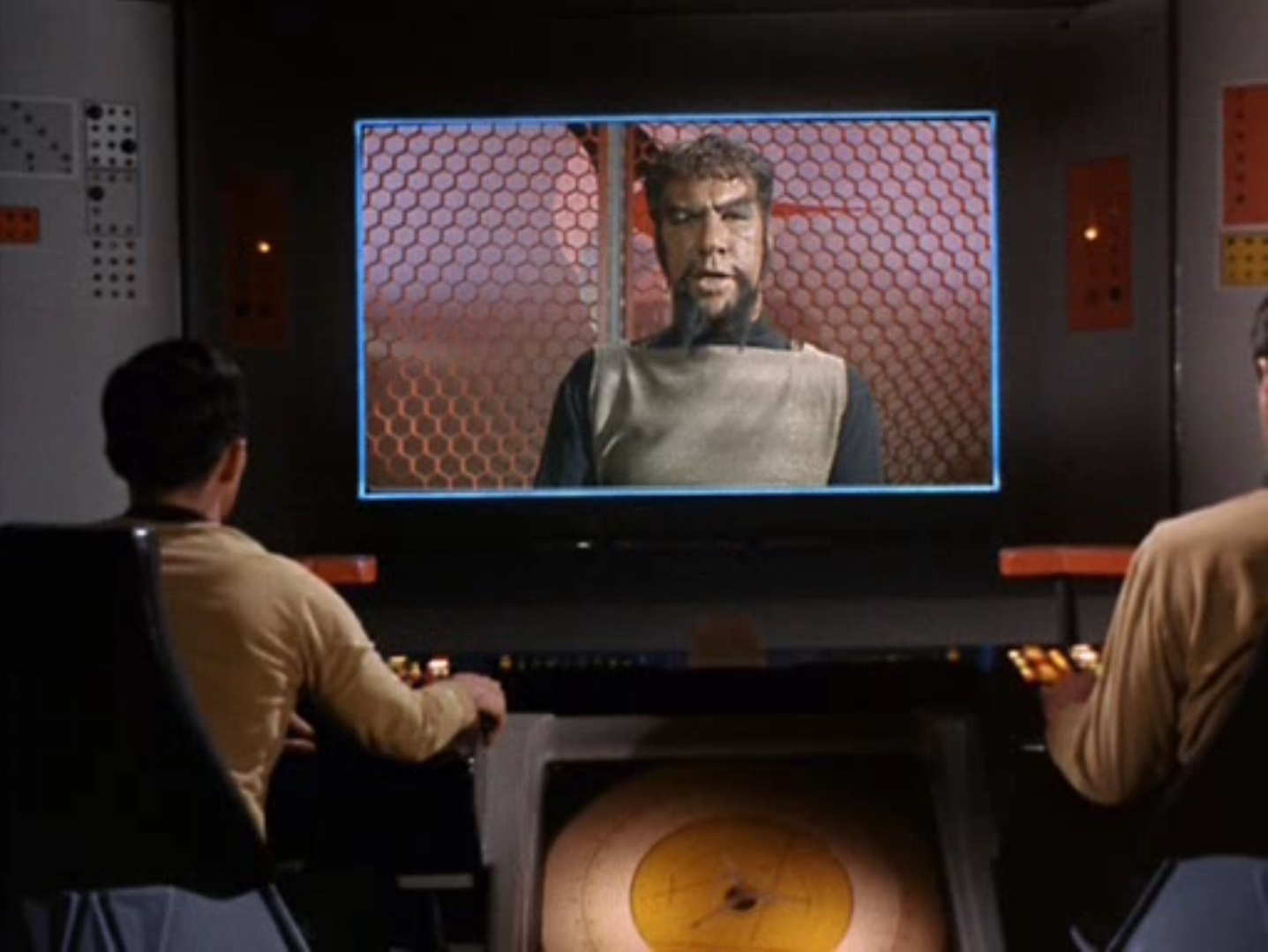
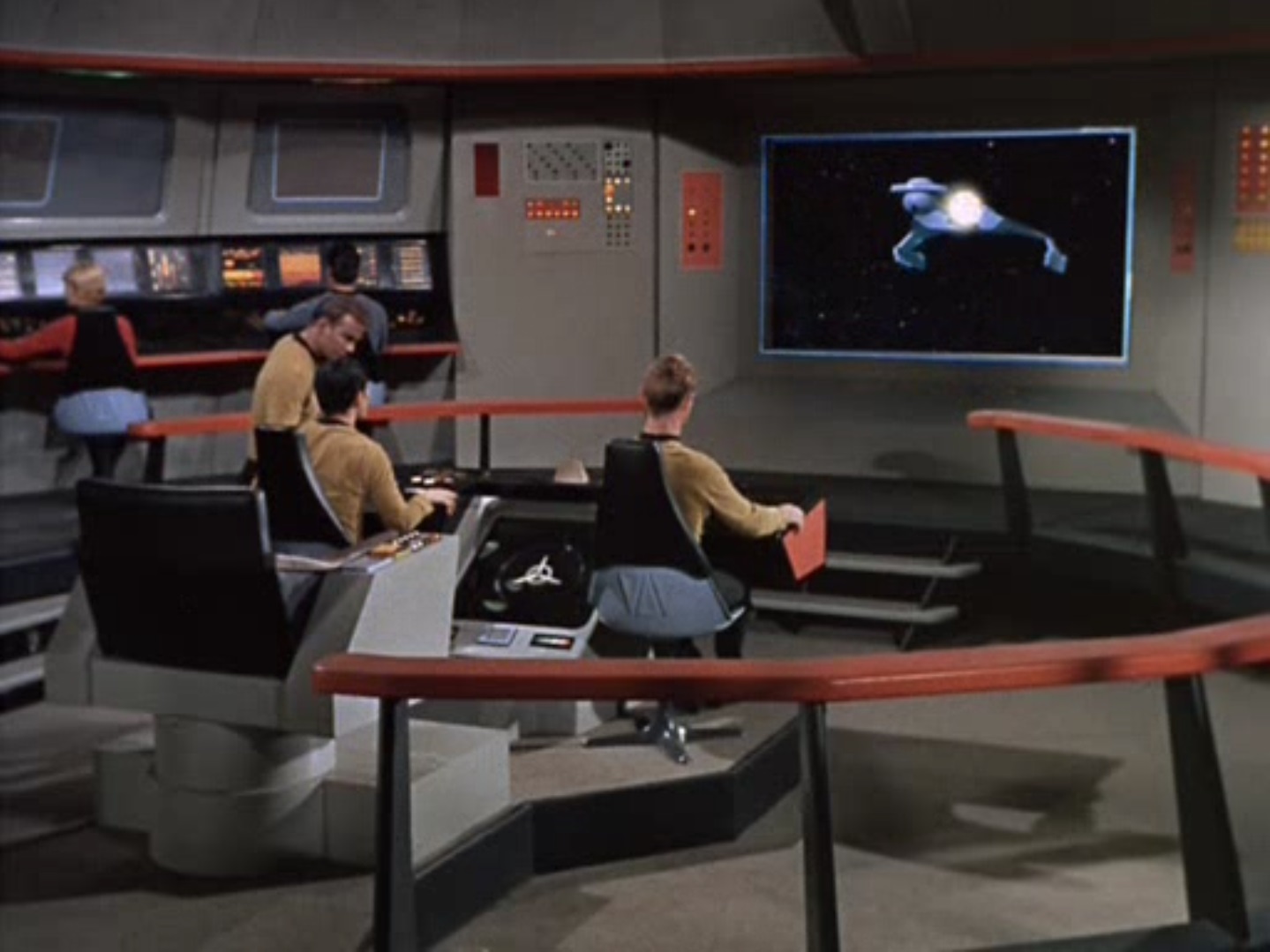

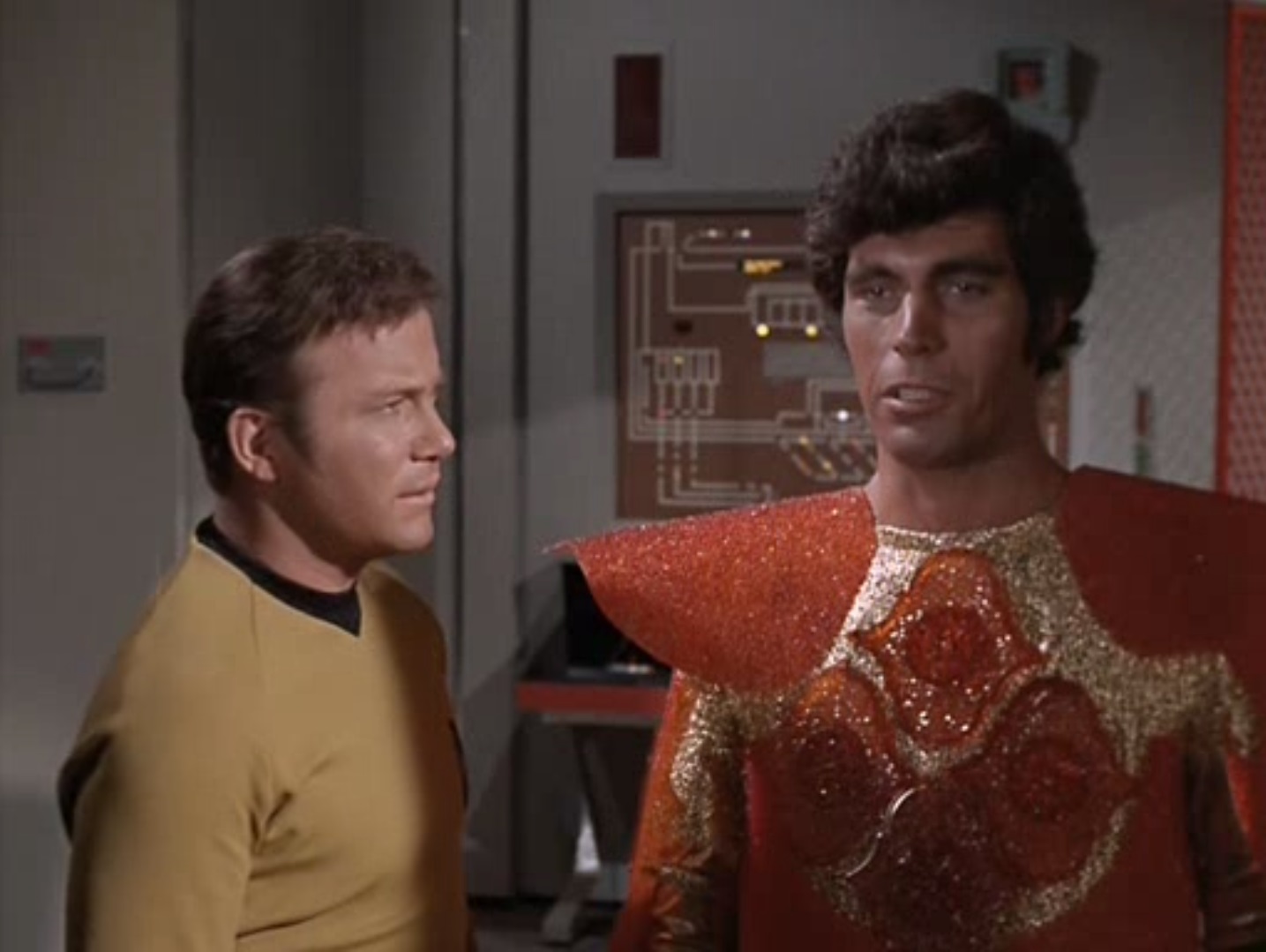



![[December 20, 1968] A failure to communicate (<i>Star Trek</i>: "The Empath")](https://galacticjourney.org/wp-content/uploads/2023/12/681220title-672x372.jpg)
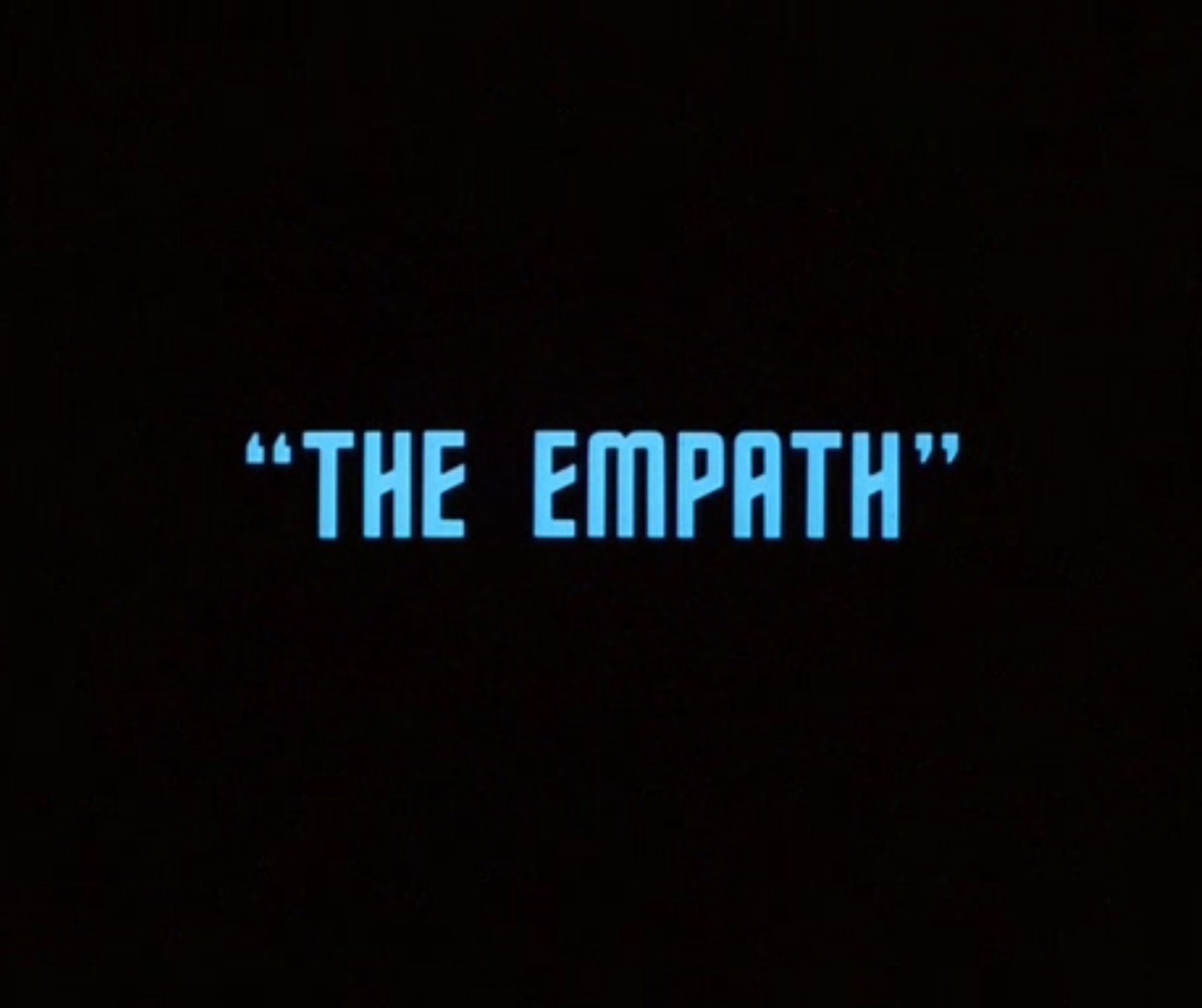
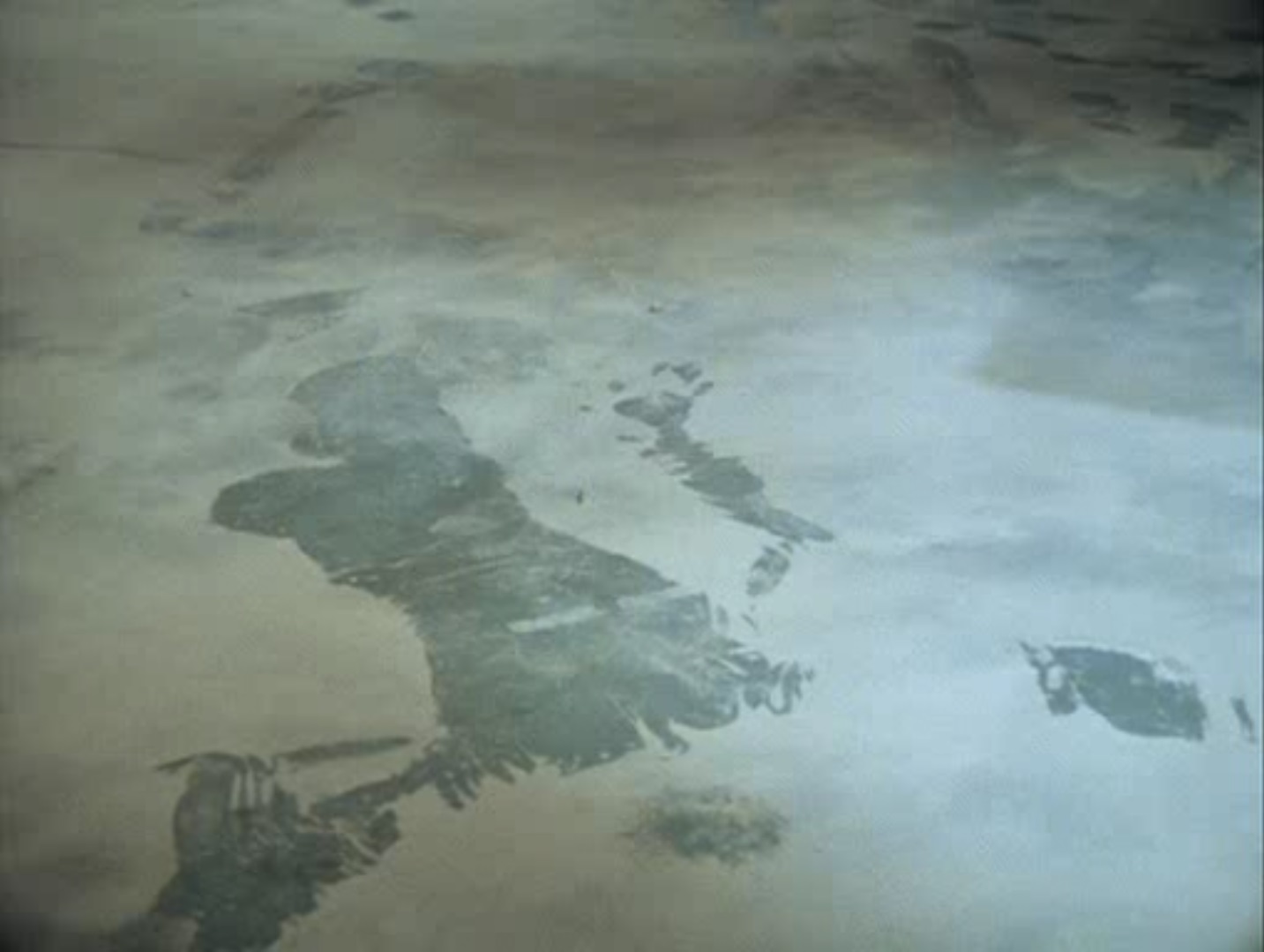
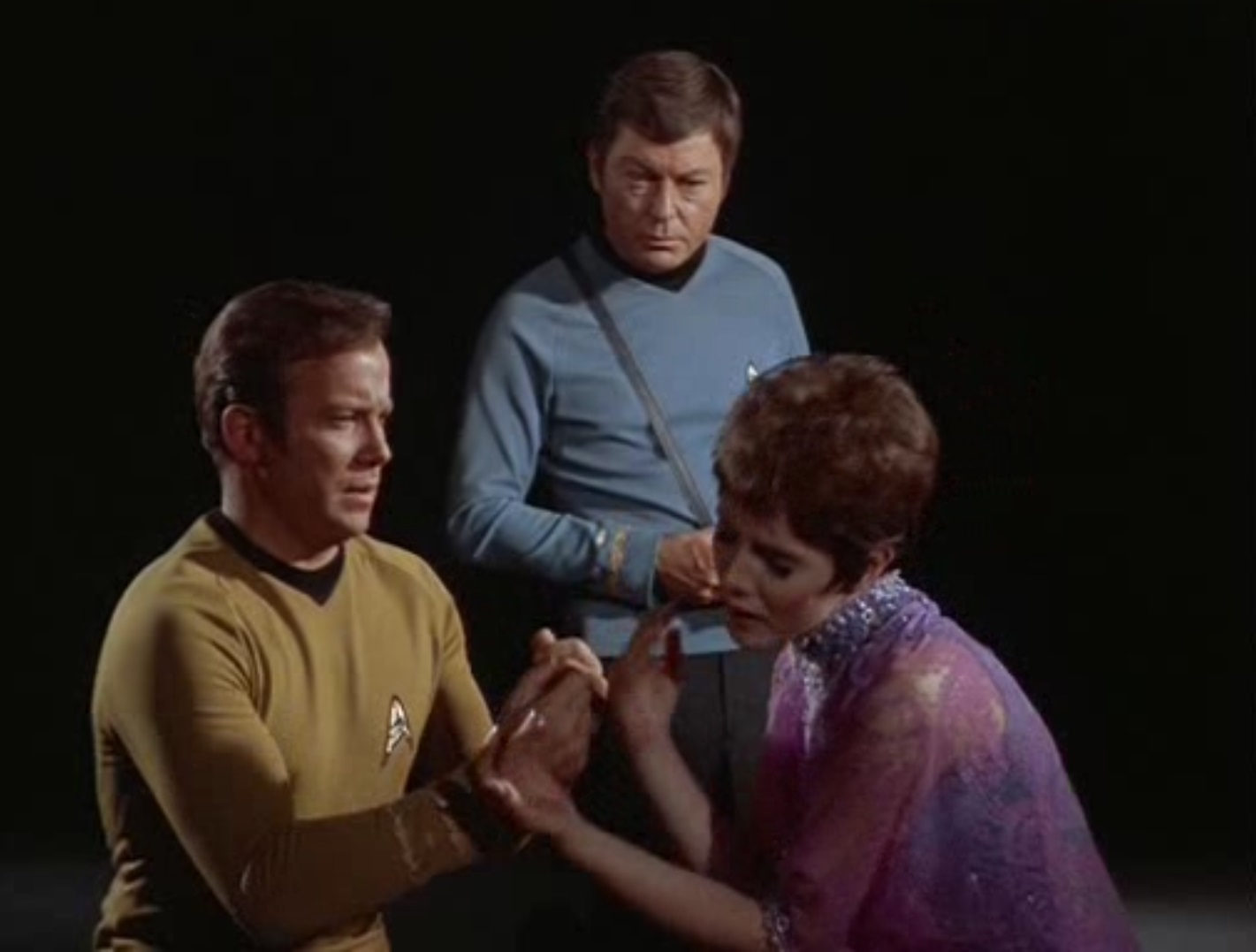
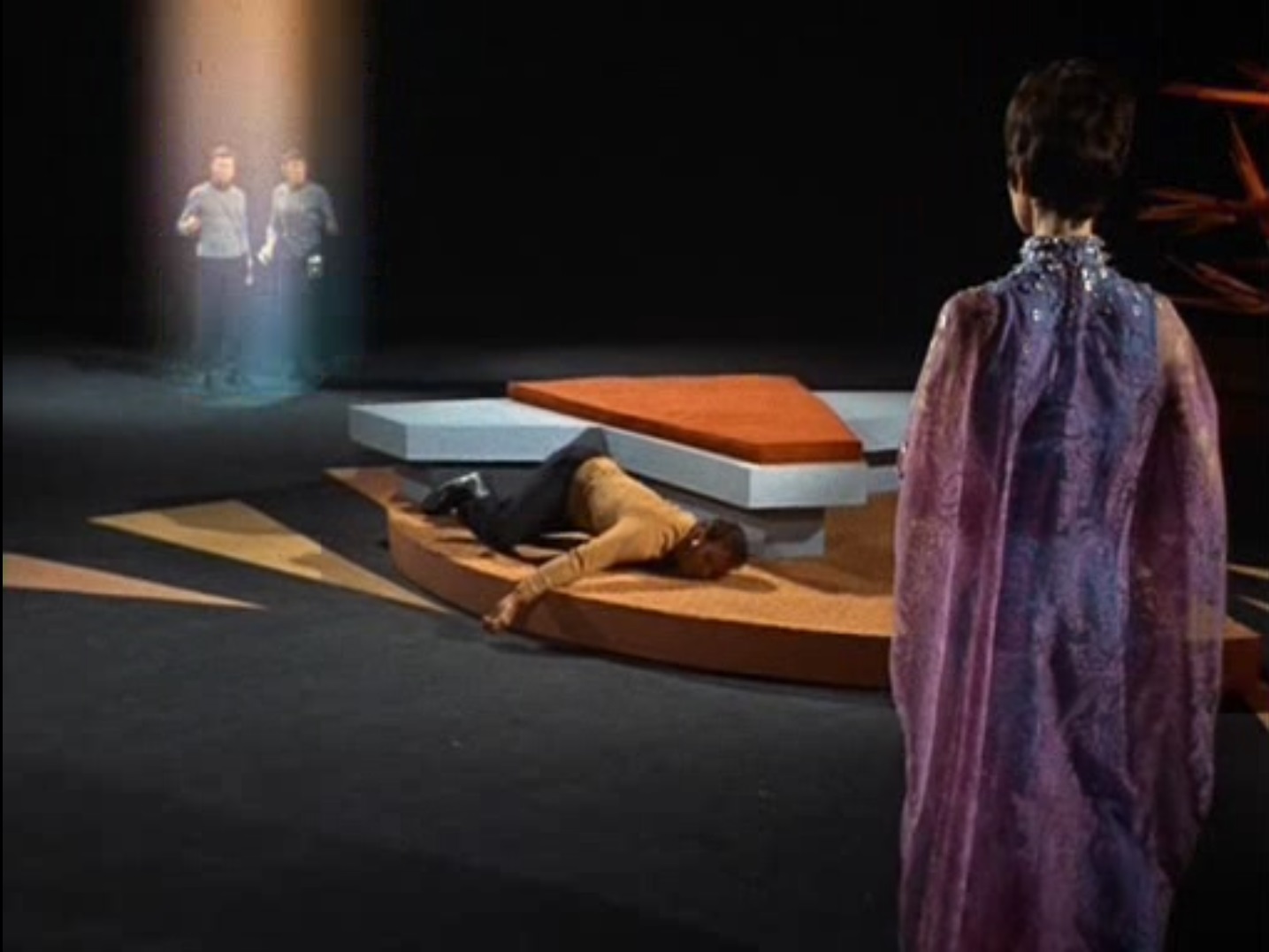

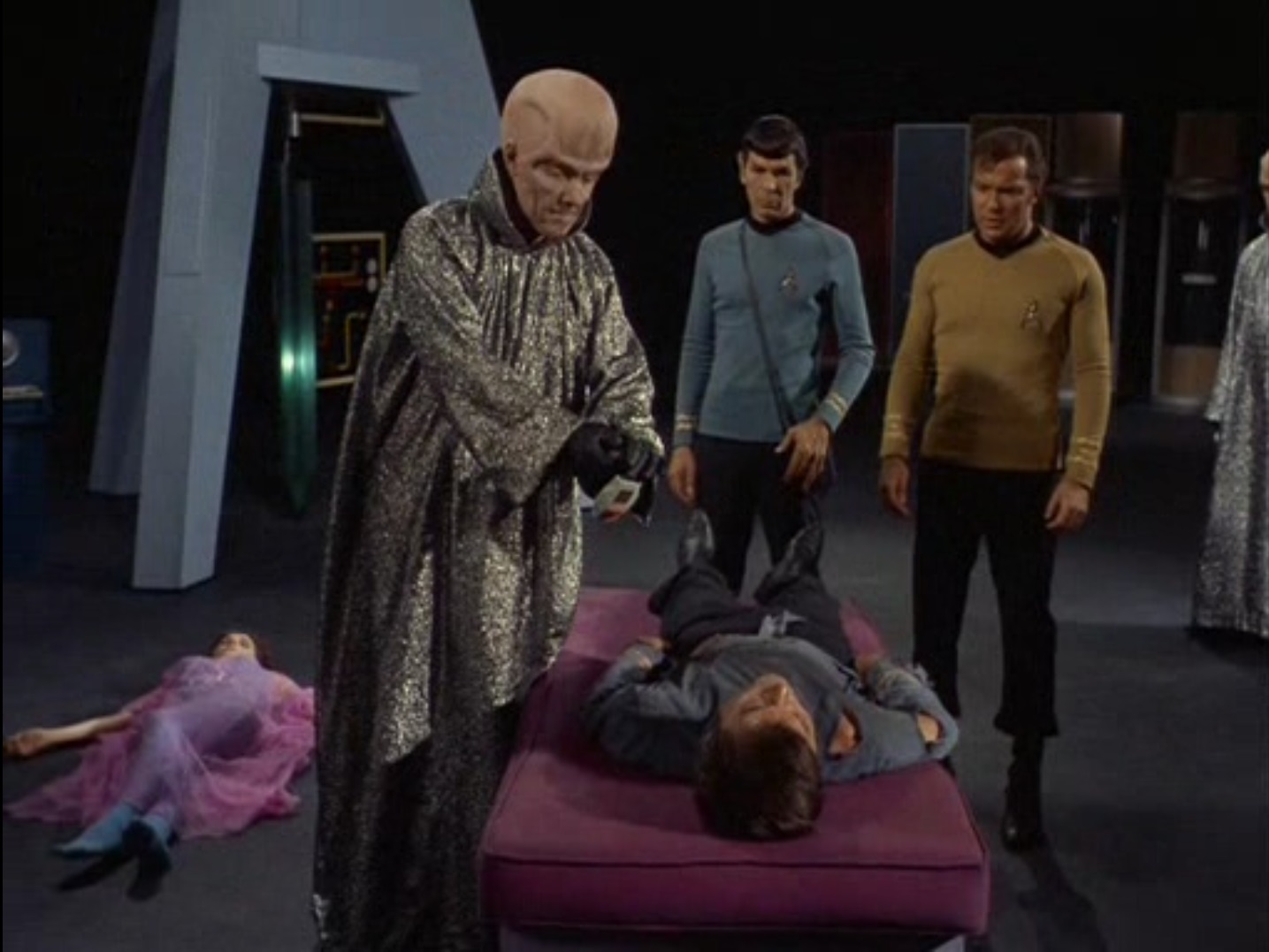
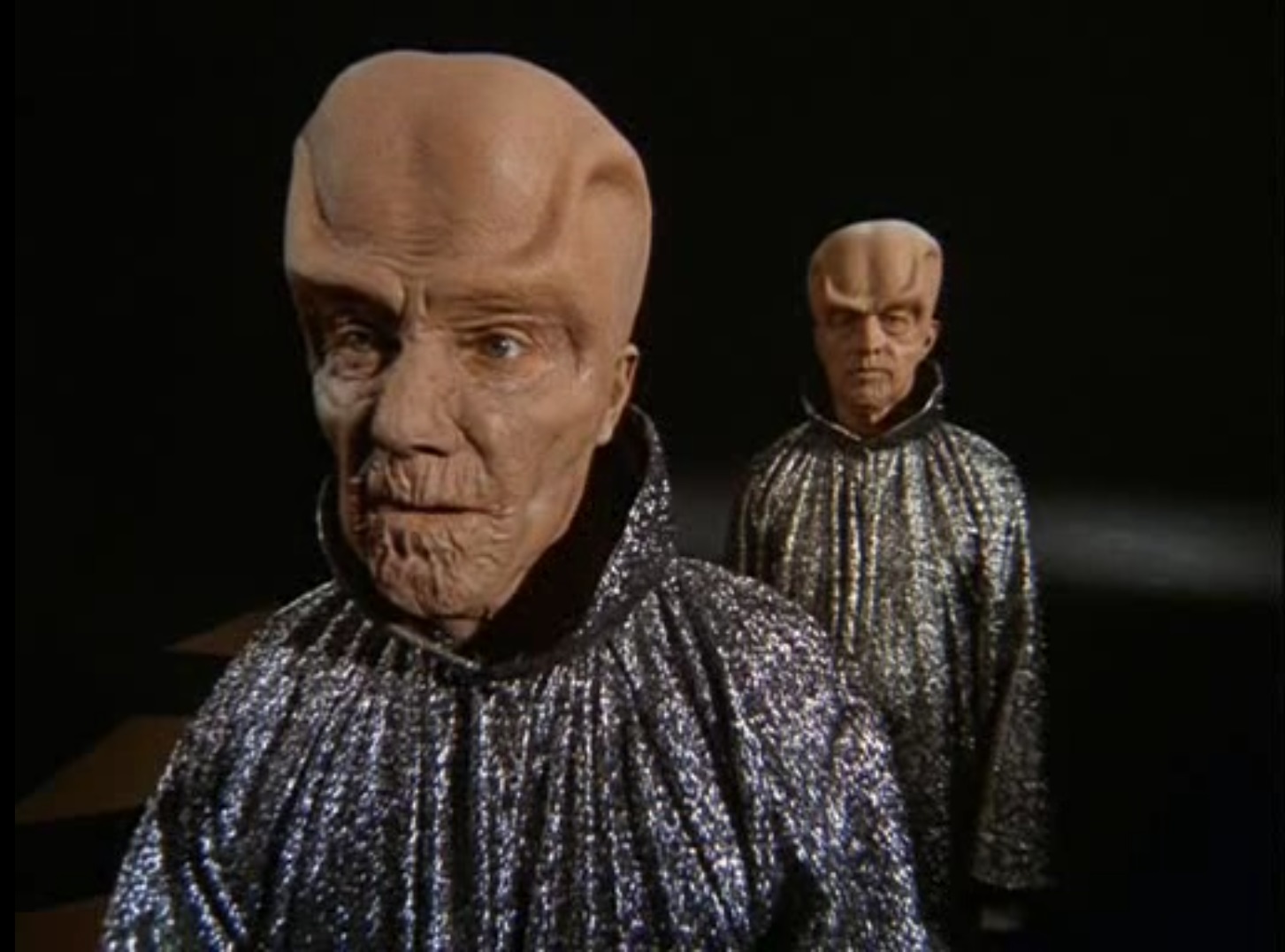
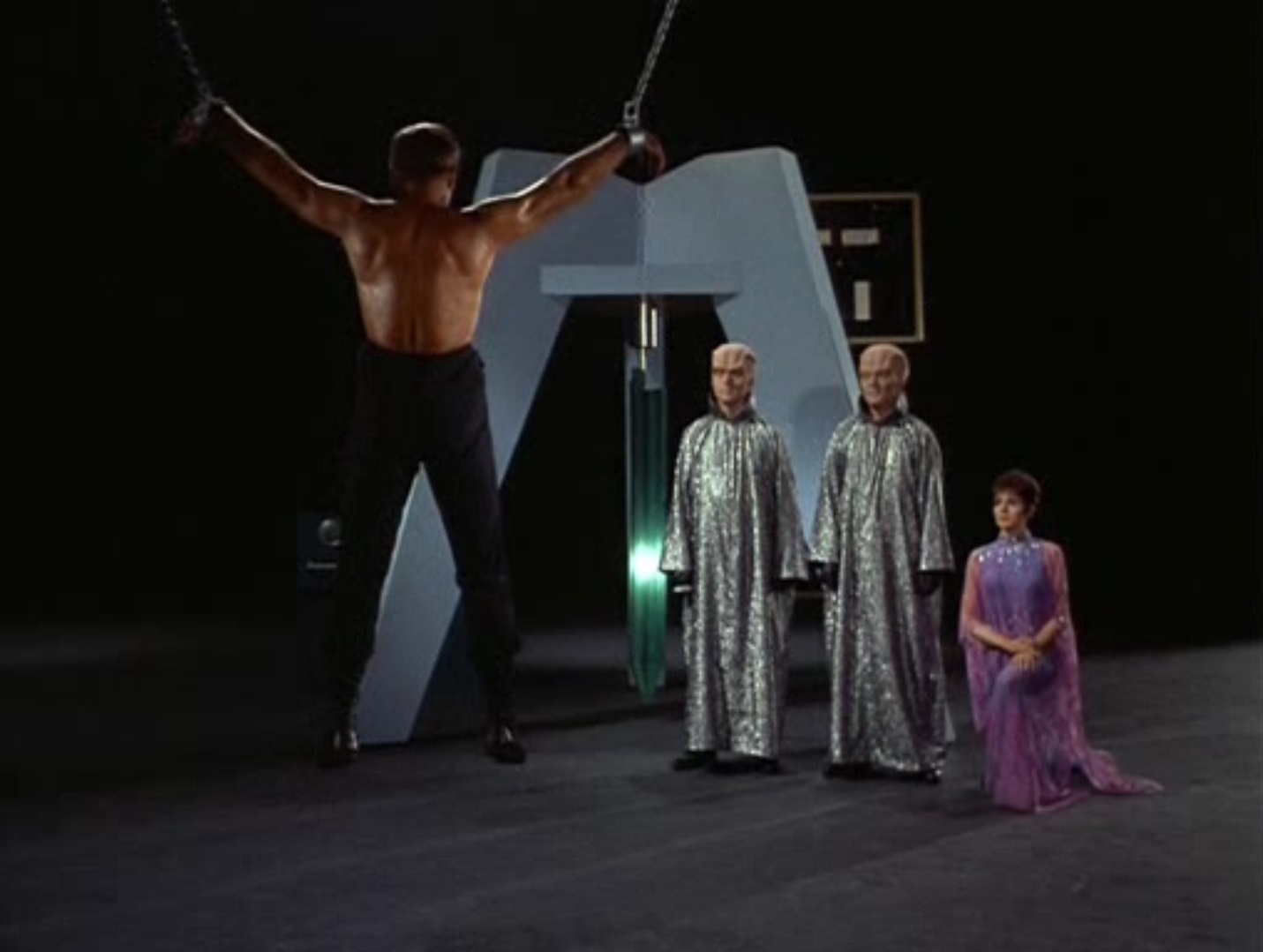
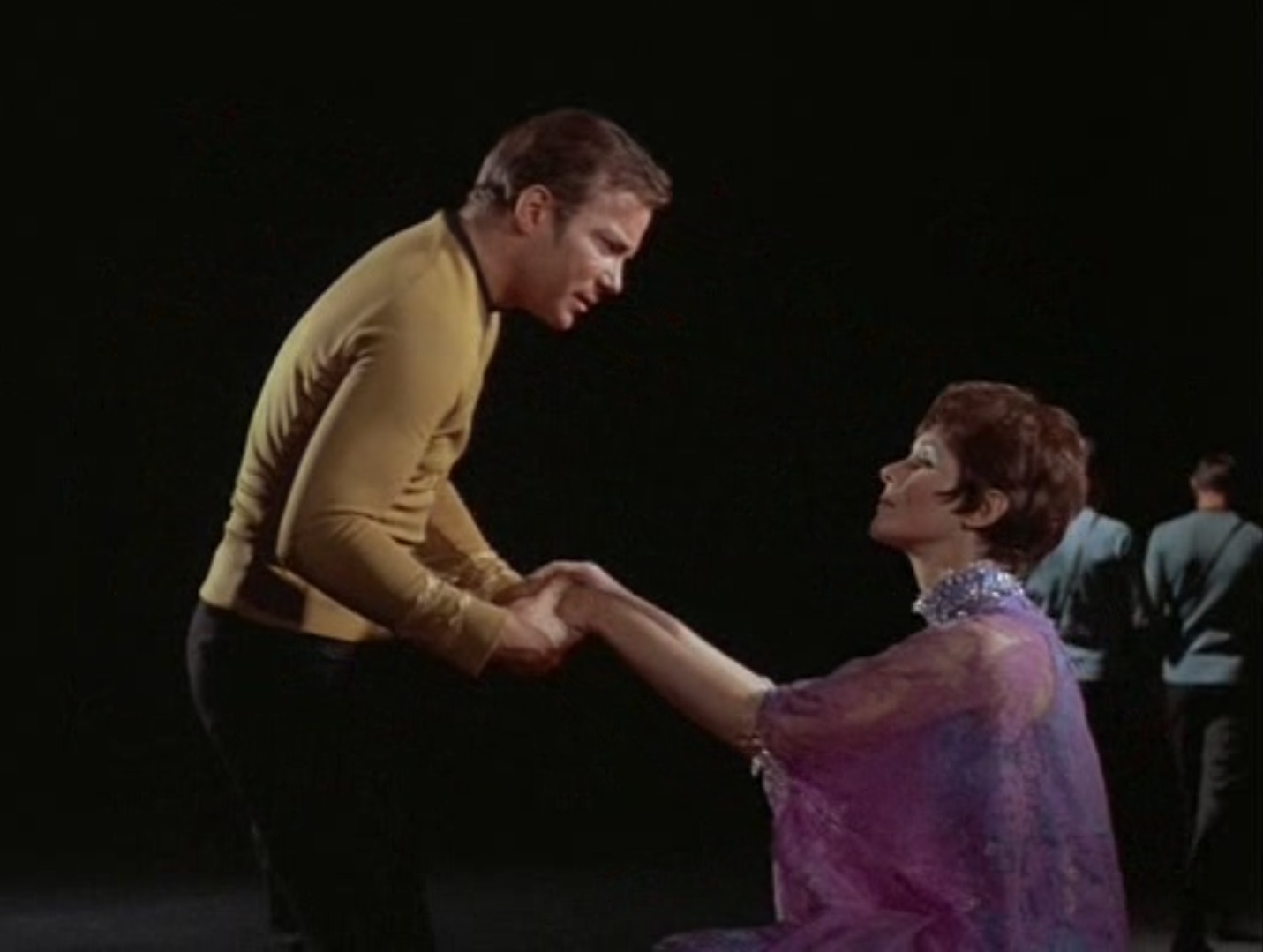
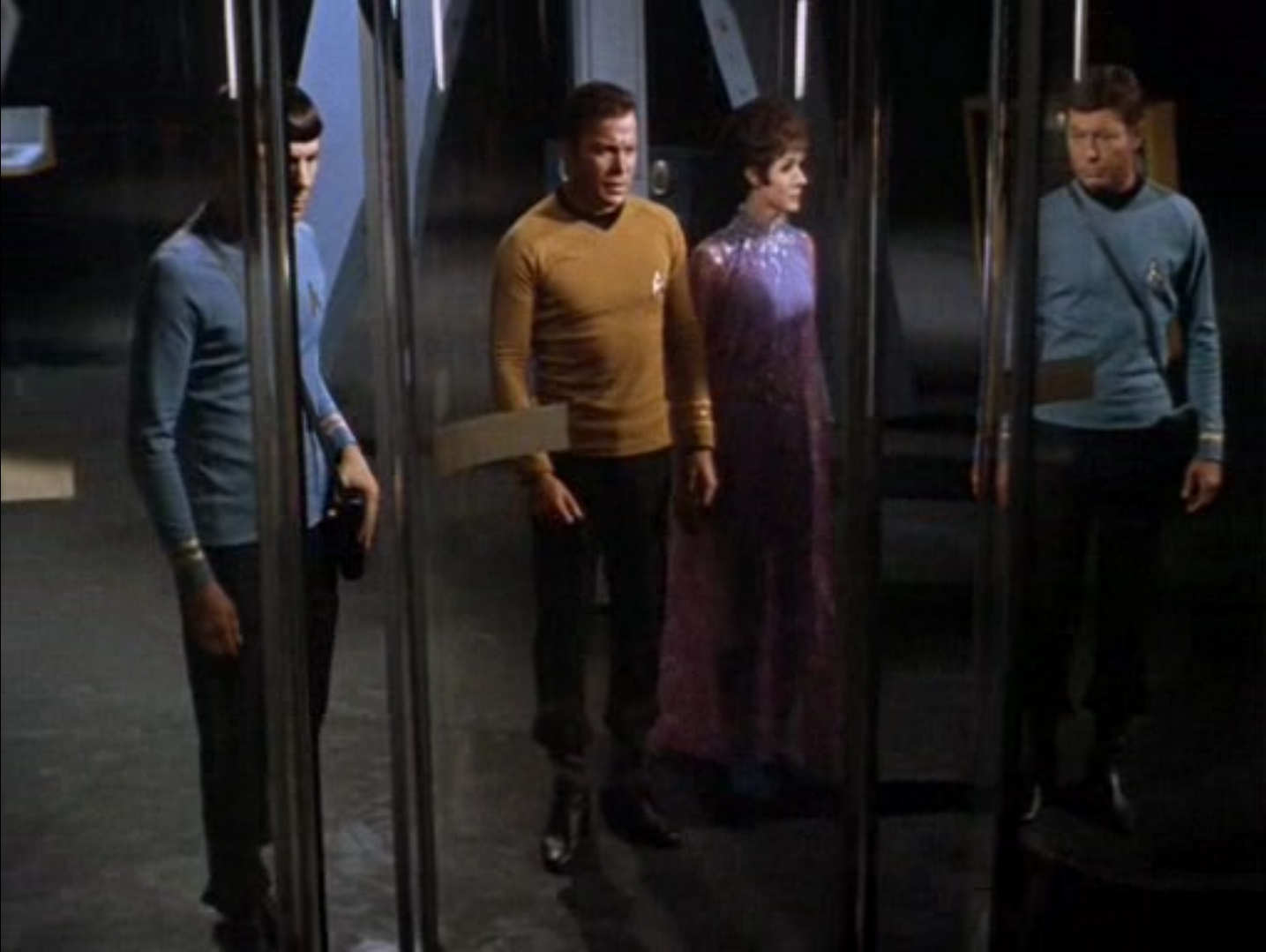
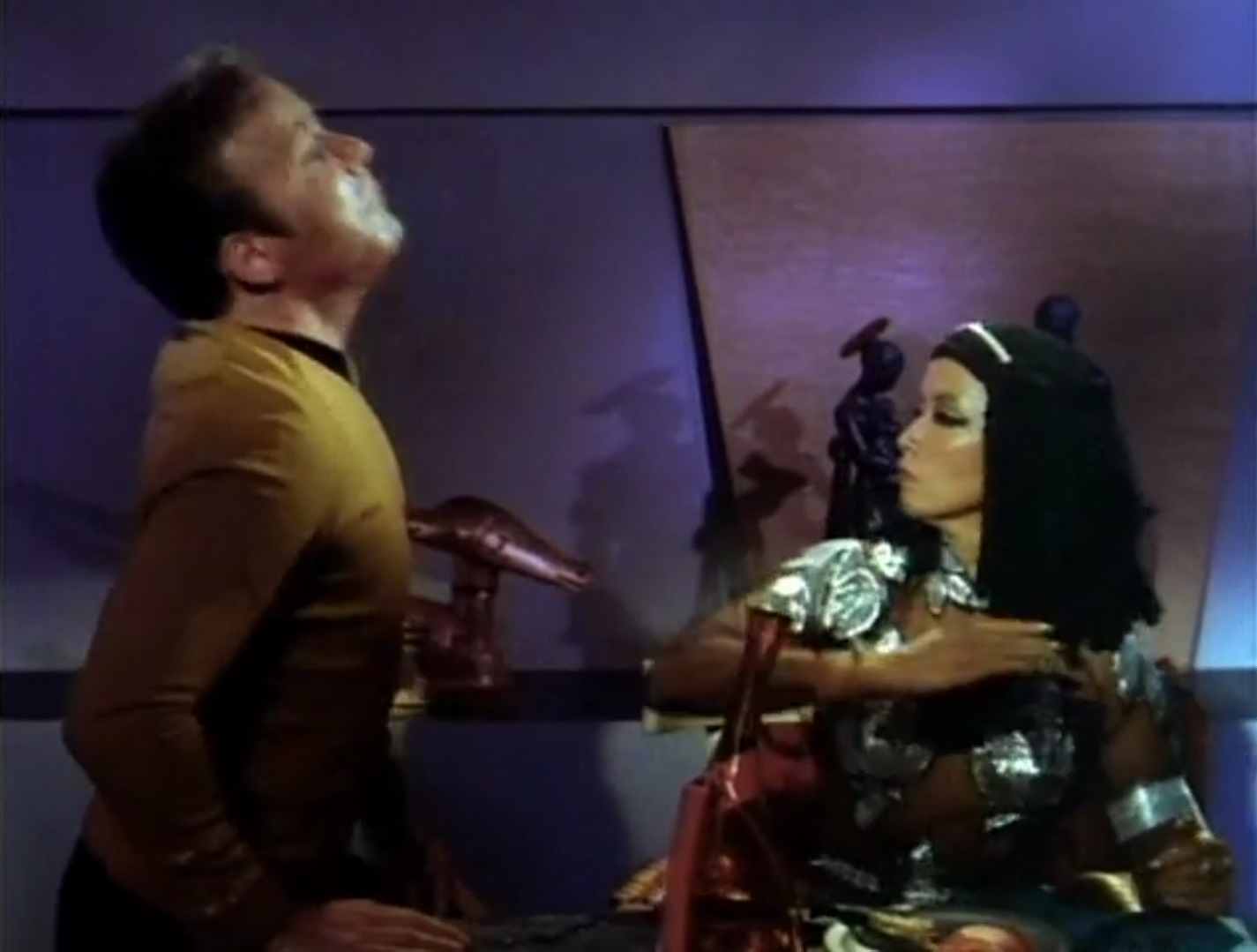
![[November 14, 1968] "'S'cuse me while I touch the sky!" (<i>Star Trek</i>: "For the World is Hollow and I have Touched the Sky")](https://galacticjourney.org/wp-content/uploads/2023/11/681114title-672x372.jpg)















![[November 8, 1968] A Diplomatic Tiger by the Tail ("Day of the Dove")](https://galacticjourney.org/wp-content/uploads/2023/11/681108title-672x372.jpg)












![[October 31, 1968] How the Western was won (<i>Star Trek</i>: "Spectre of the Gun")](https://galacticjourney.org/wp-content/uploads/2023/10/681031title-672x372.jpg)







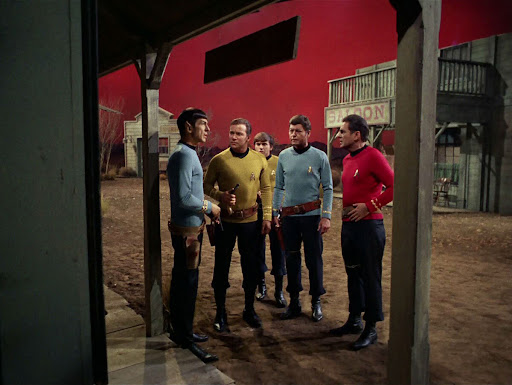



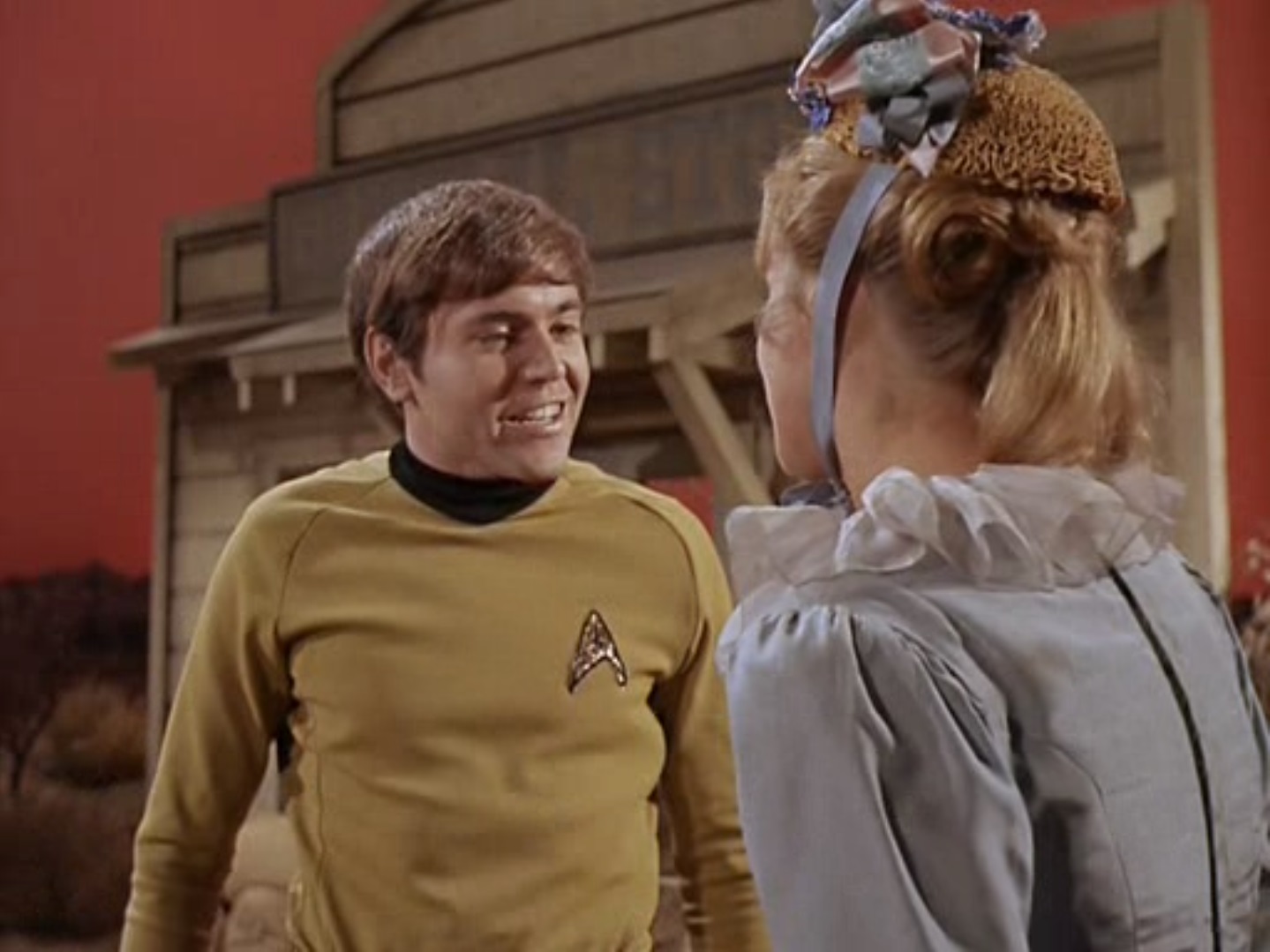
![[October 24, 1968] The New Wave comes to TV (<i>Star Trek</i>: "Is There in Truth No Beauty?")](https://galacticjourney.org/wp-content/uploads/2023/10/681024title-672x372.jpg)
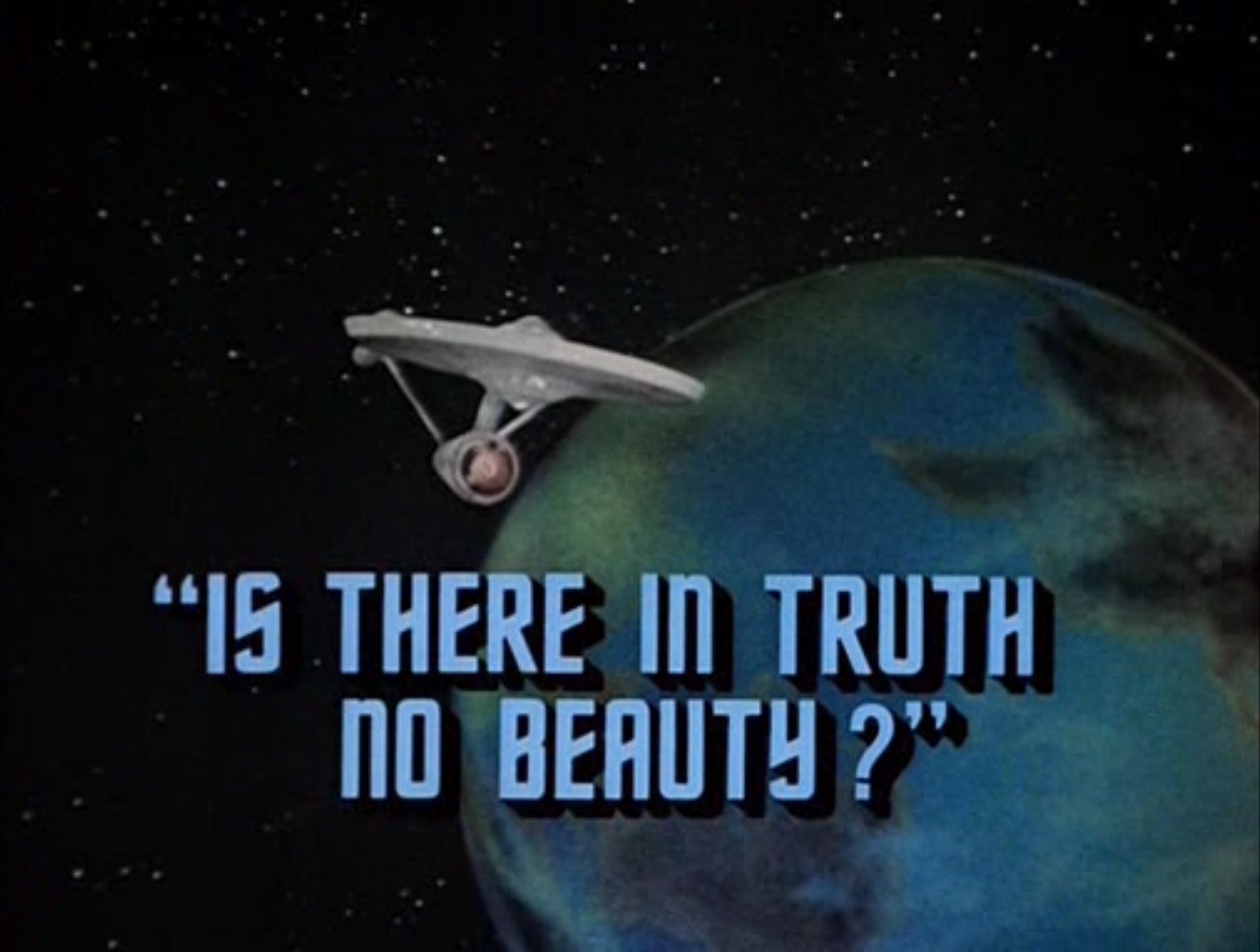
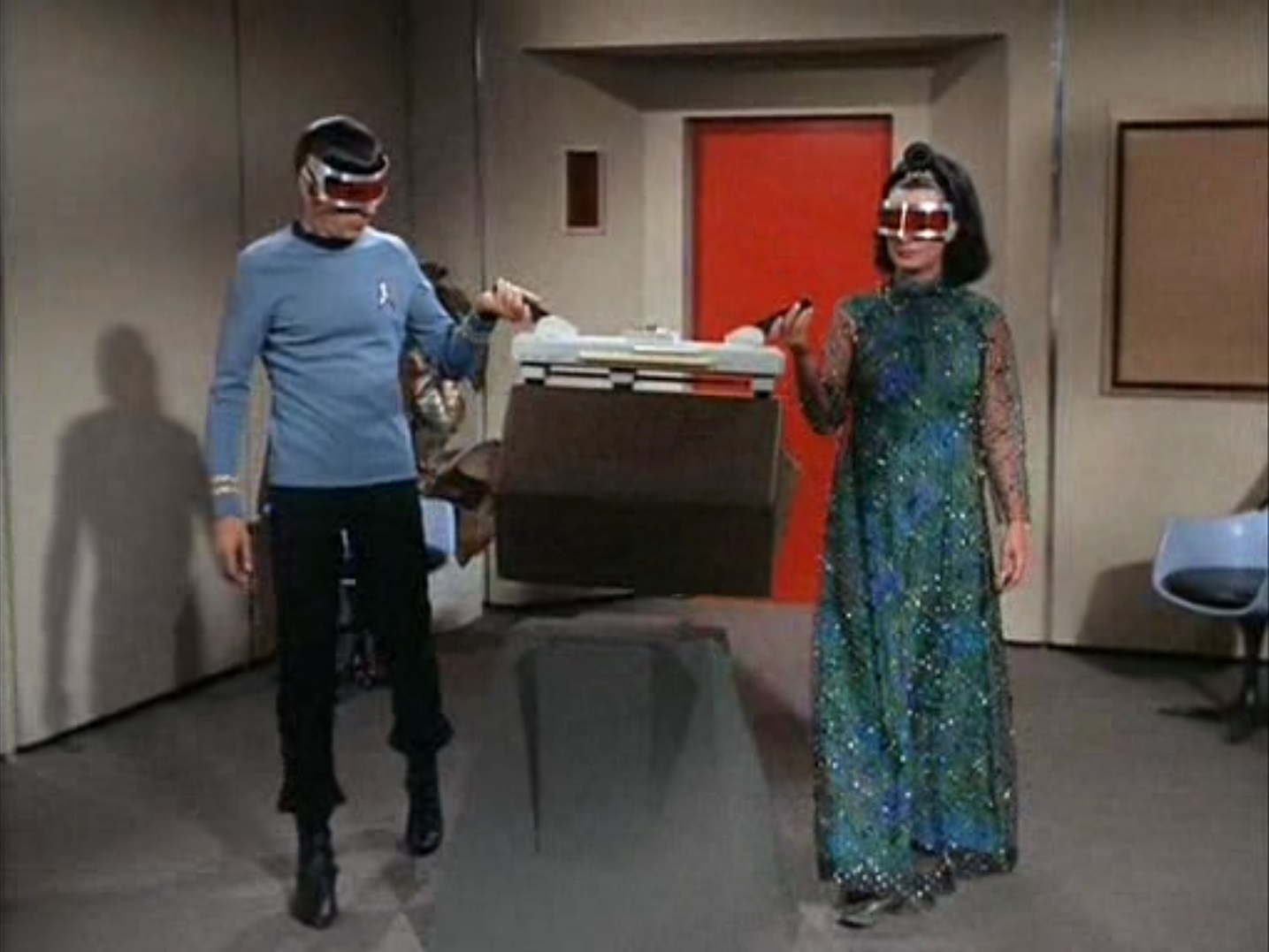
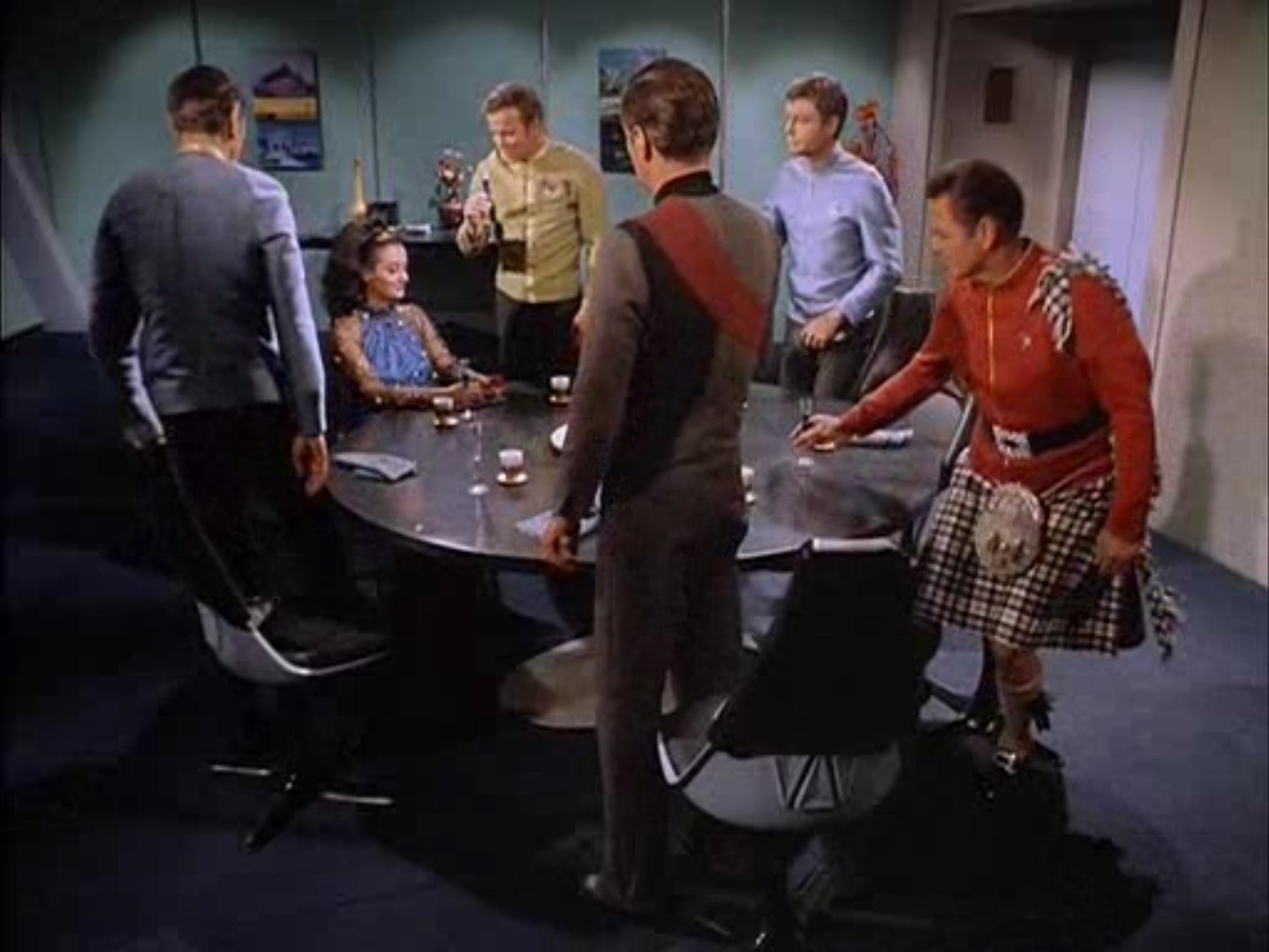
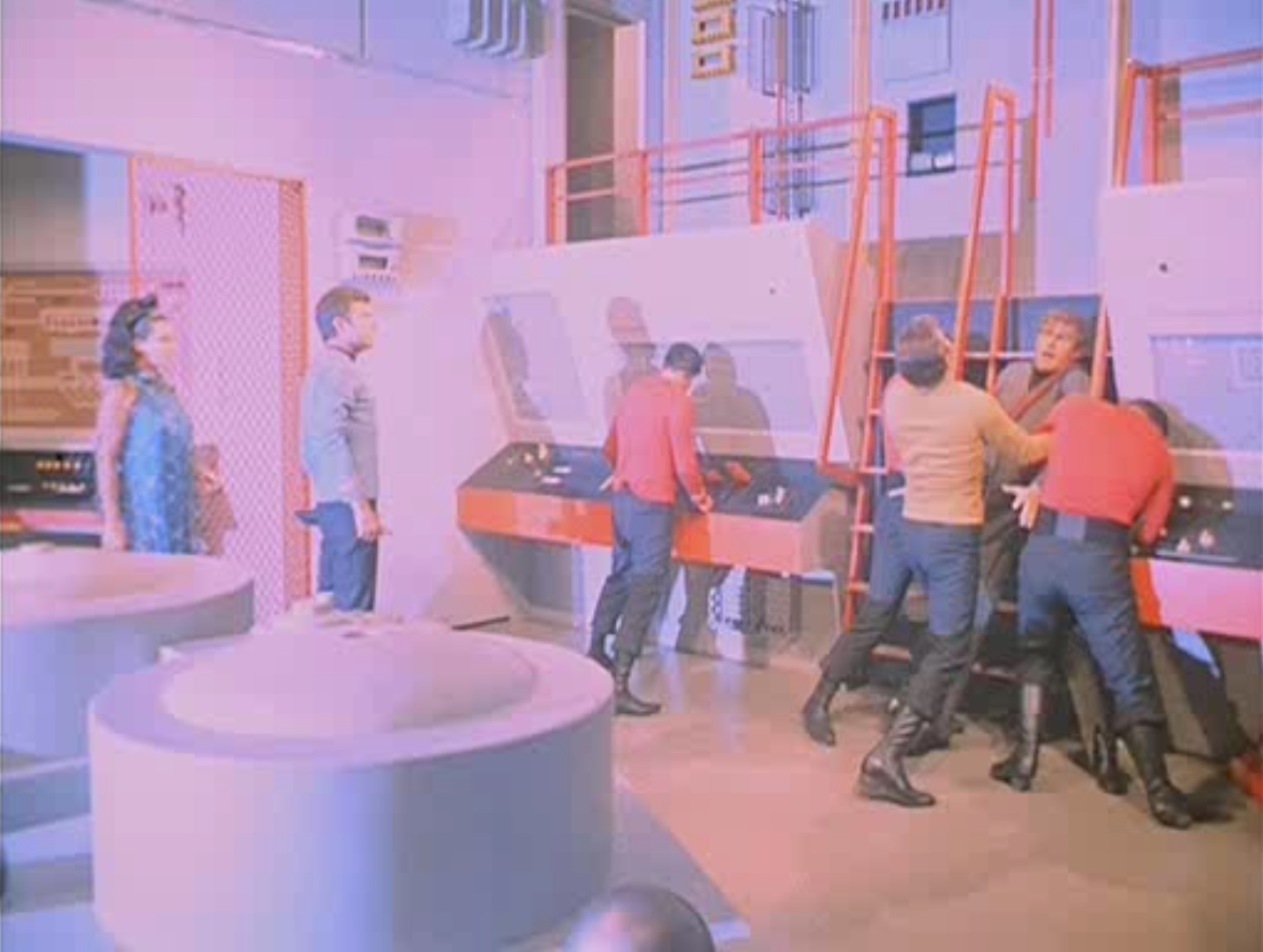
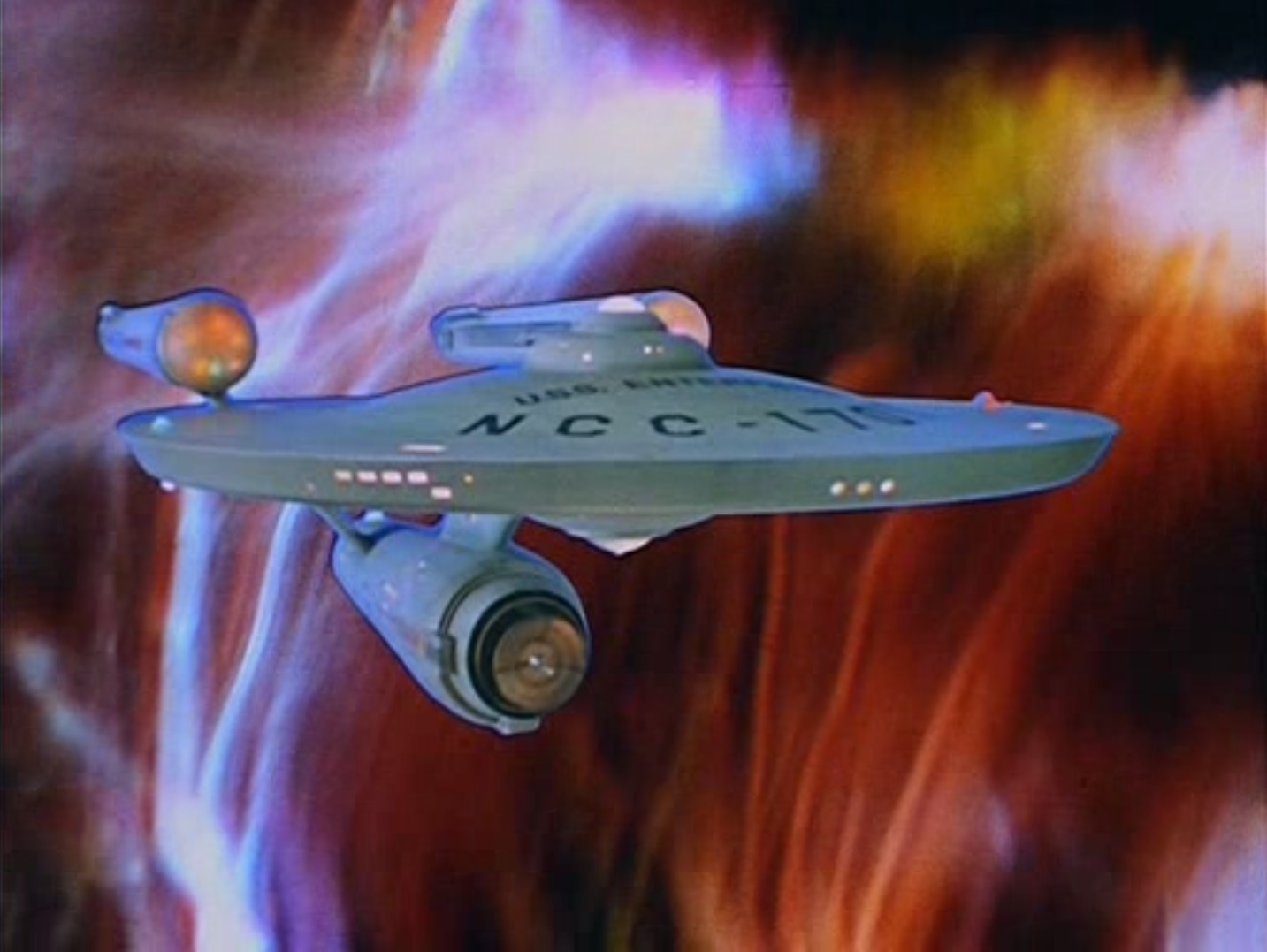
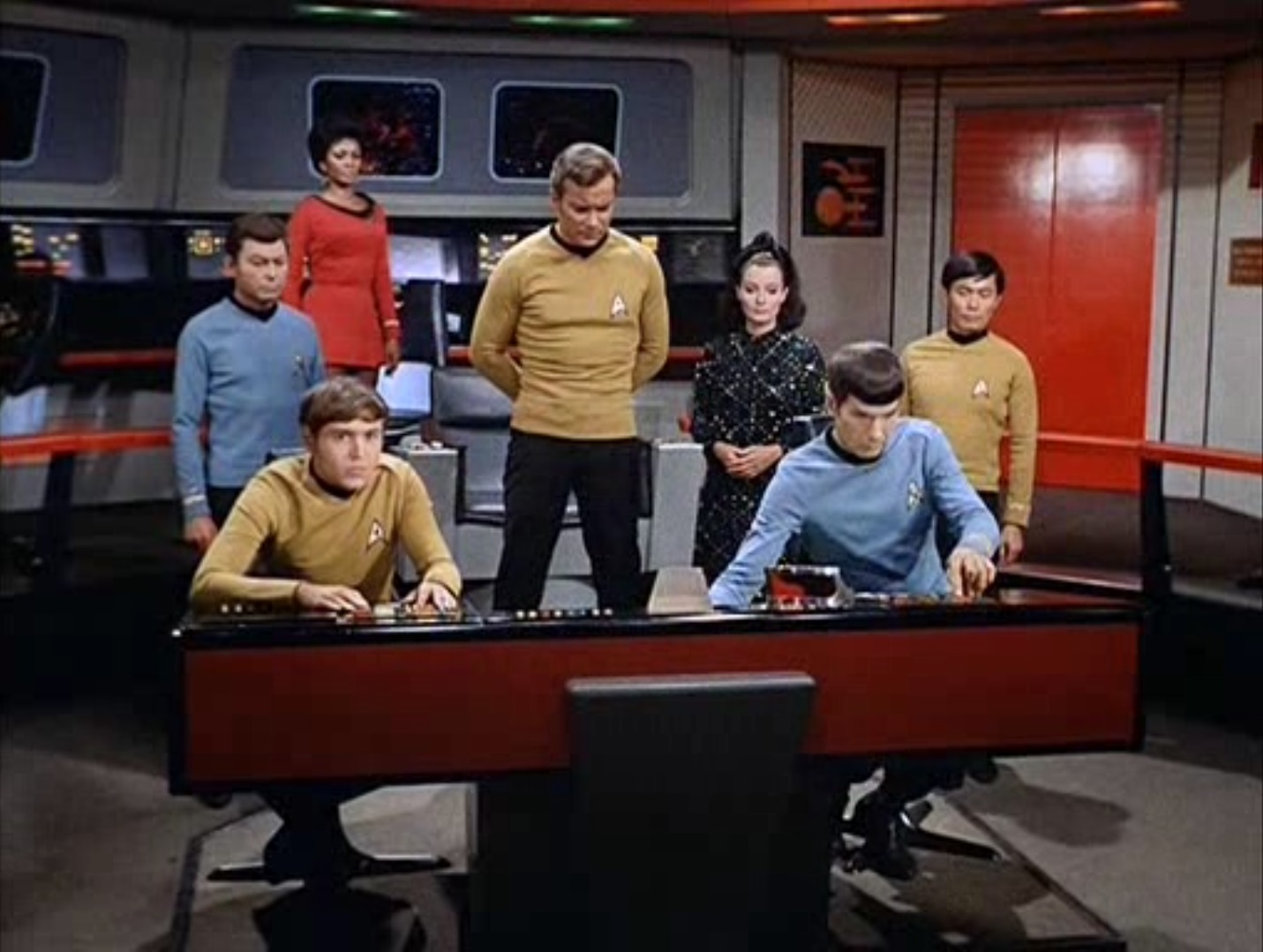
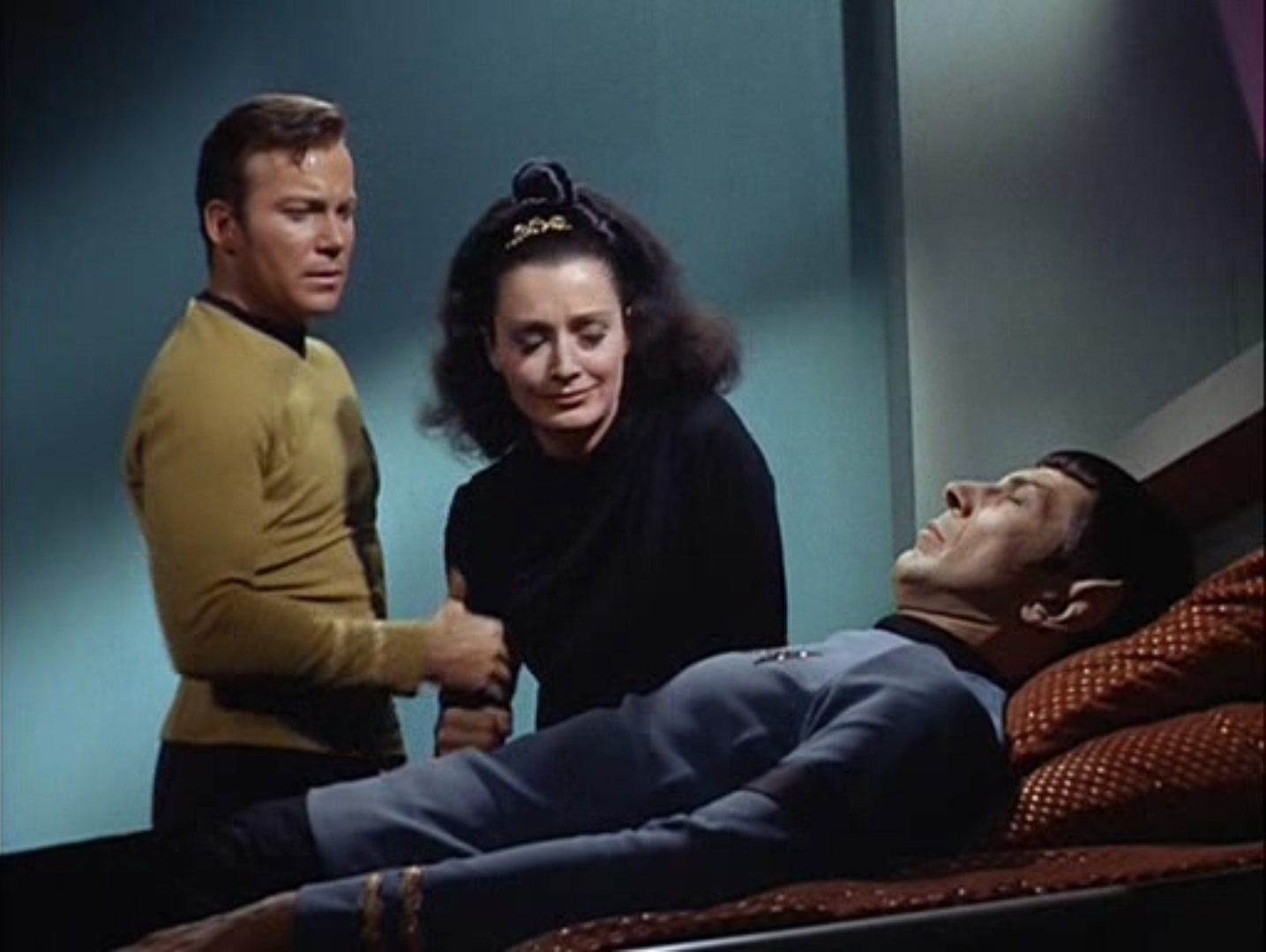
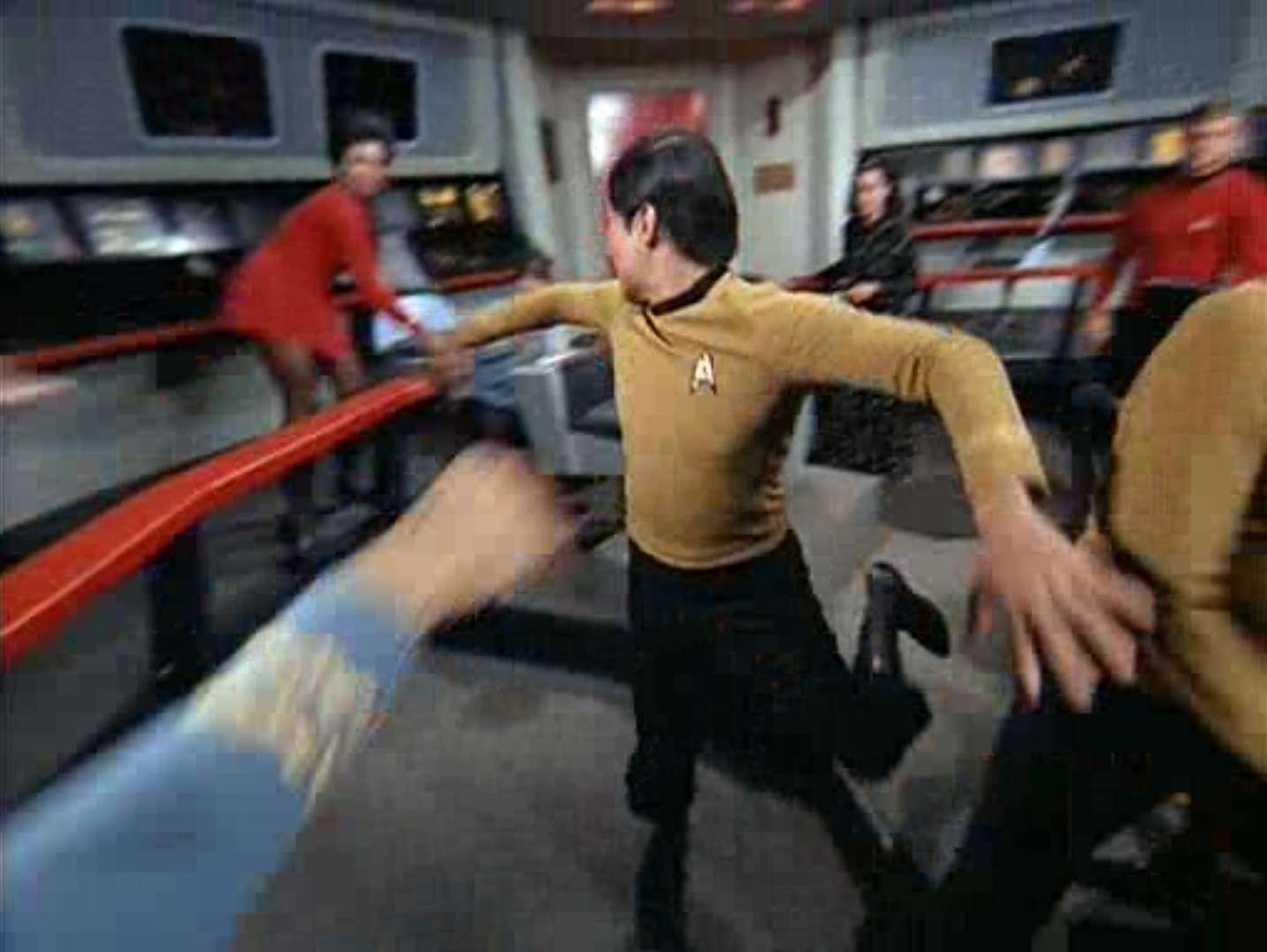
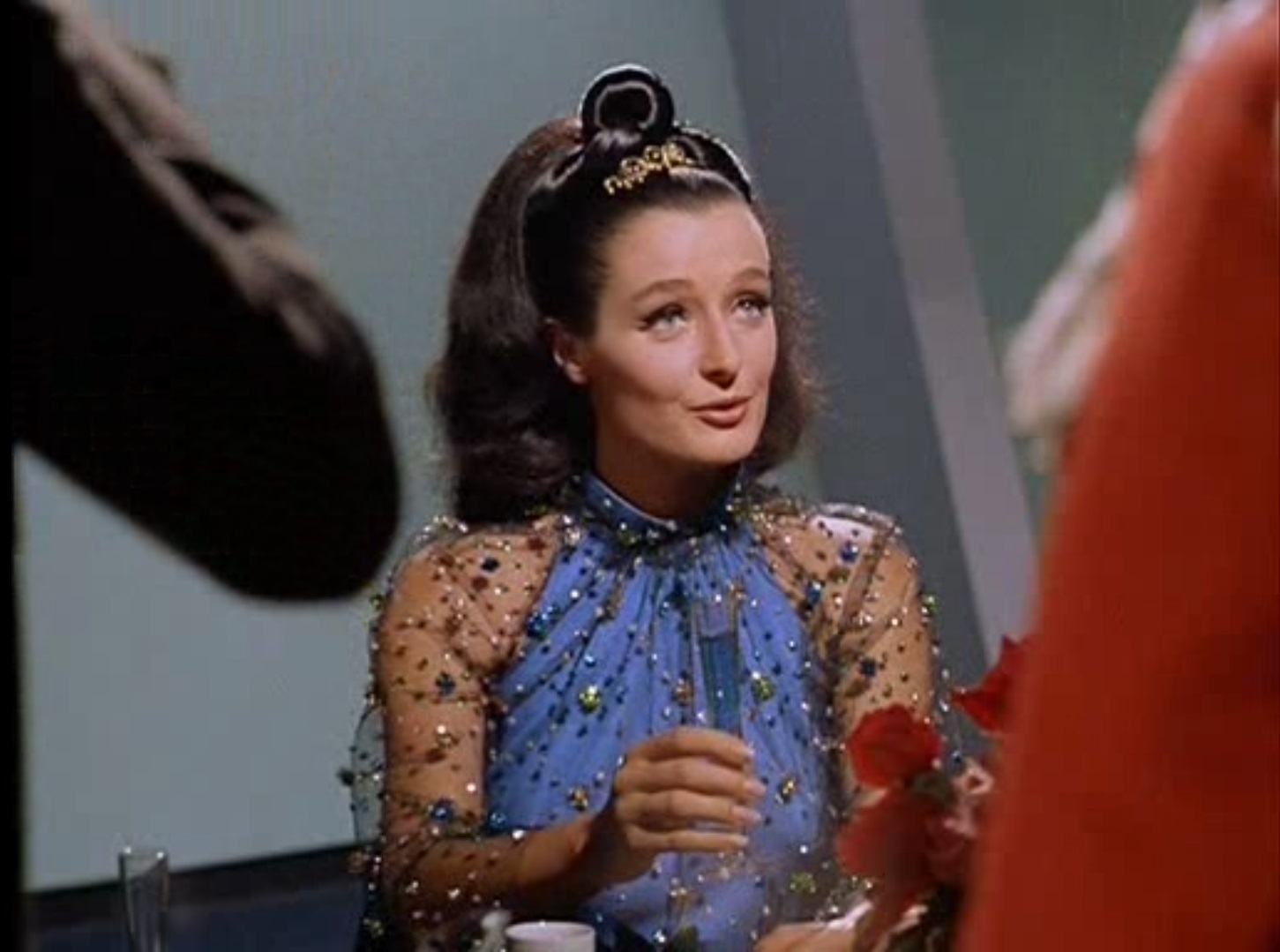
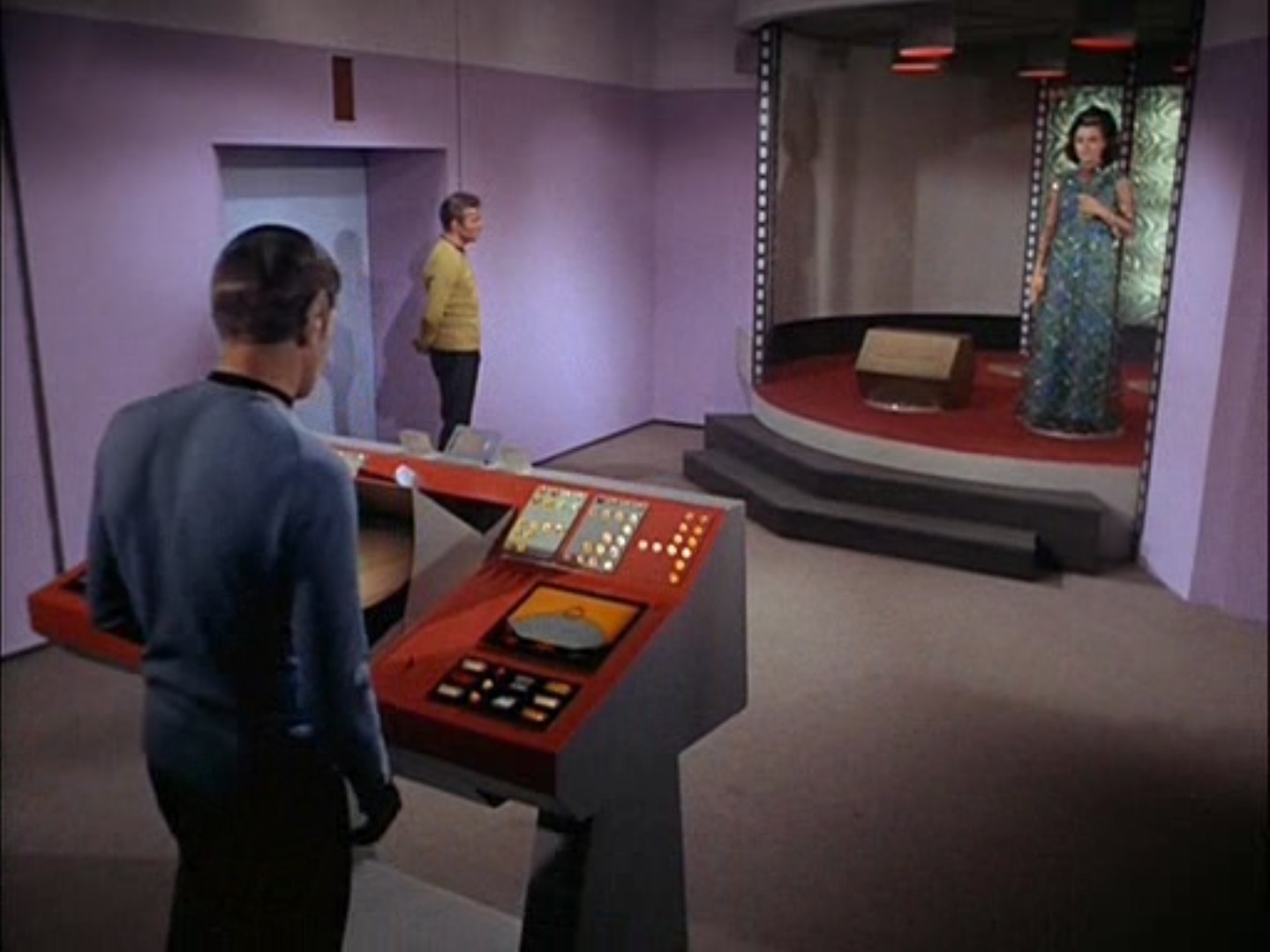
![[October 18, 1968] Little monsters (<i>Star Trek</i>: "And the Children Shall Lead")](https://galacticjourney.org/wp-content/uploads/2023/10/681018title-672x372.jpg)
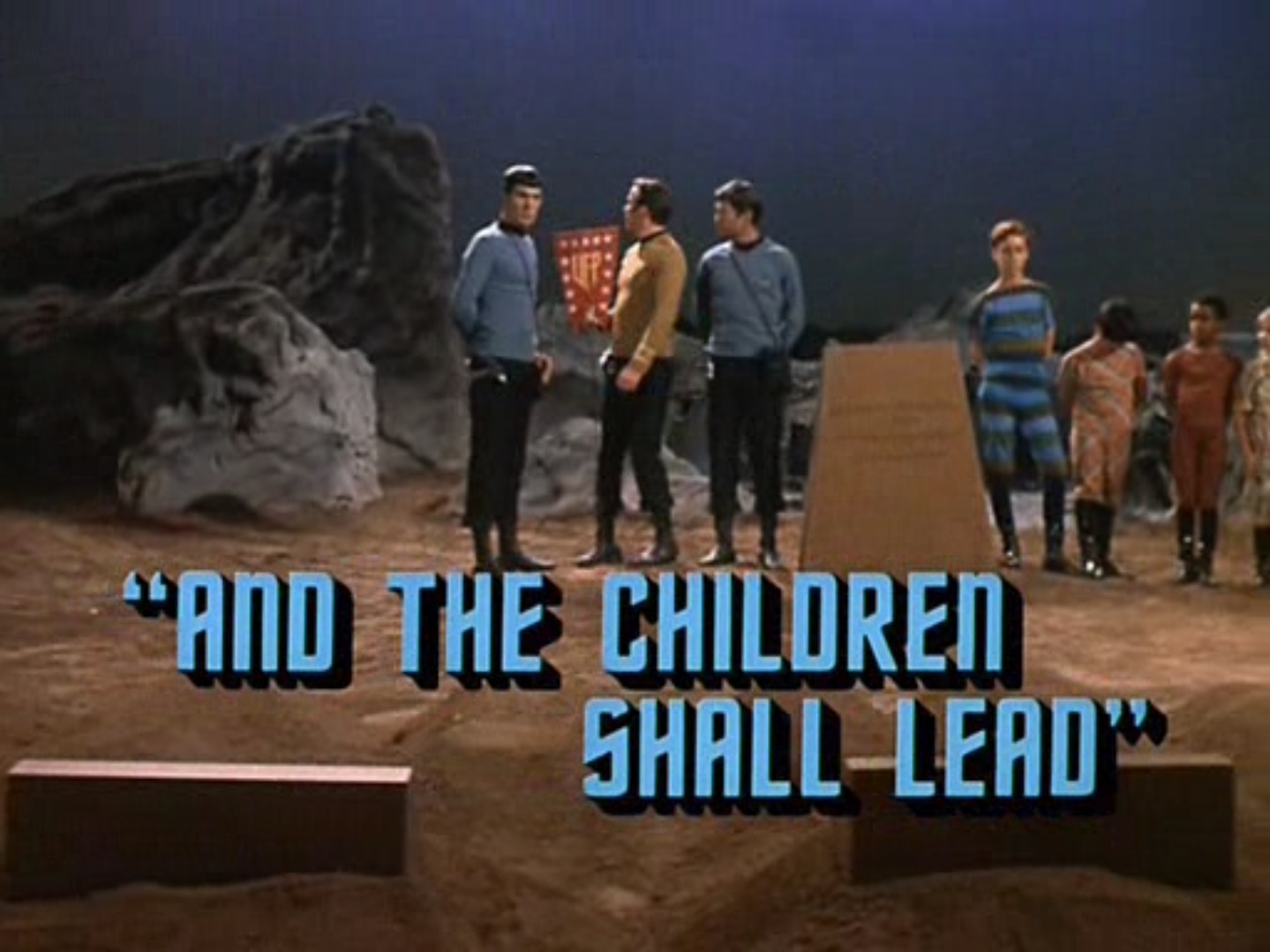
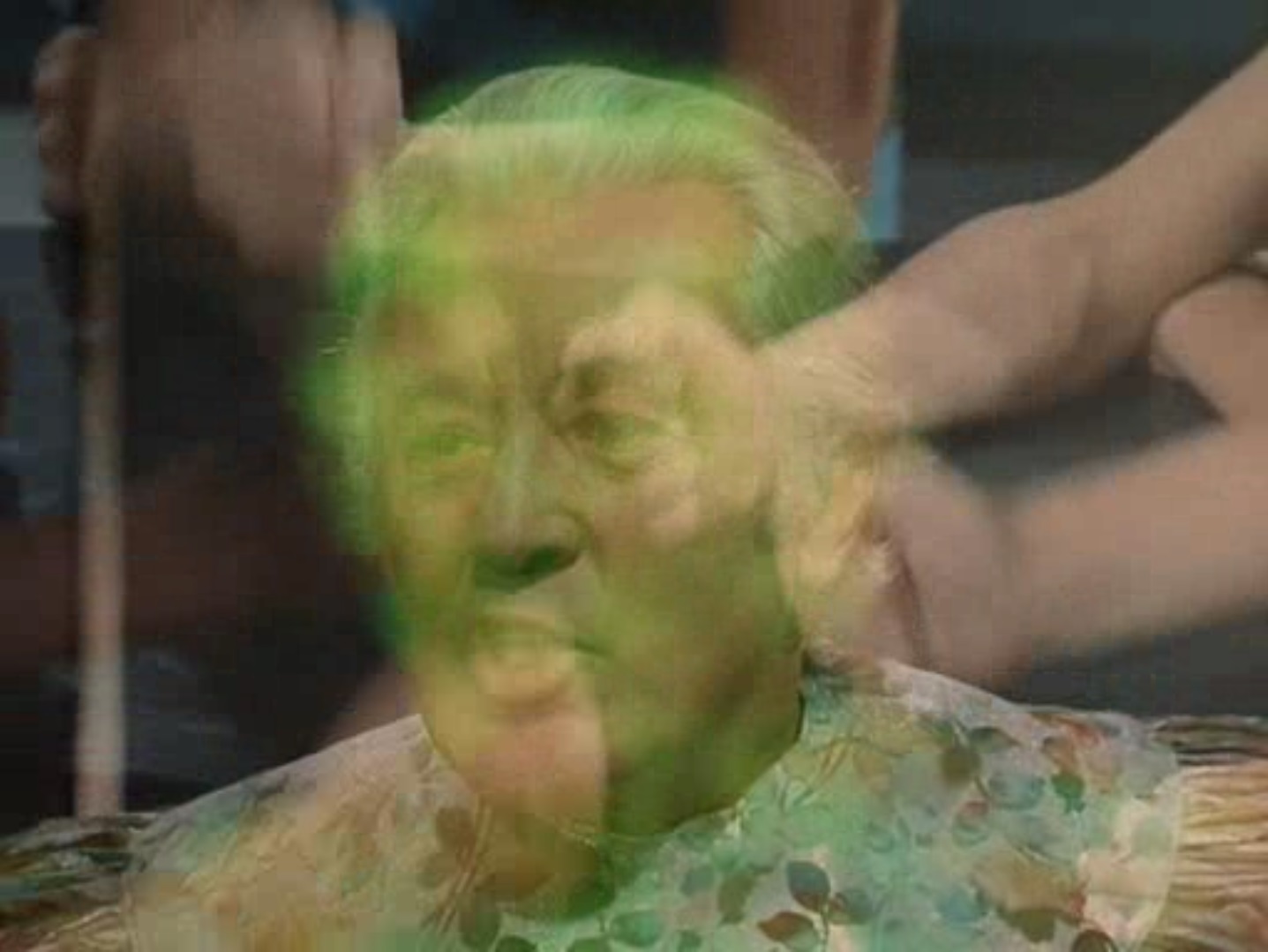


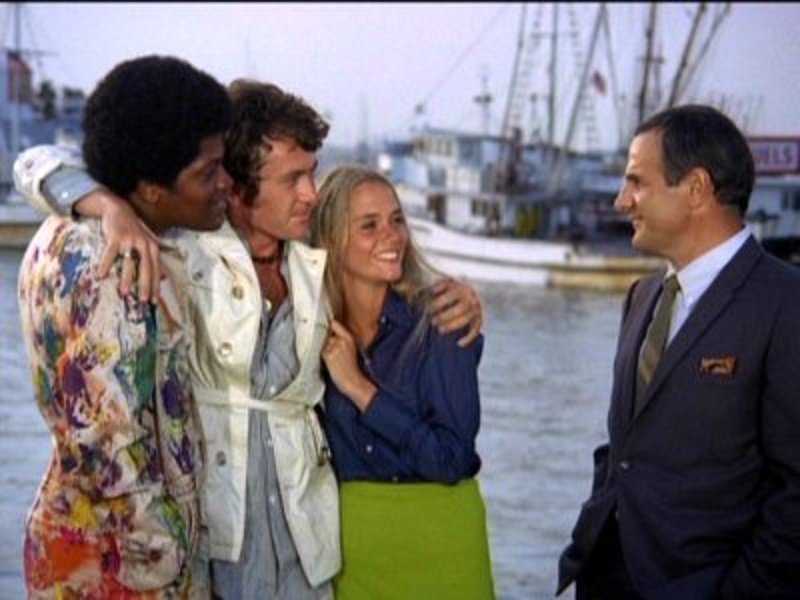
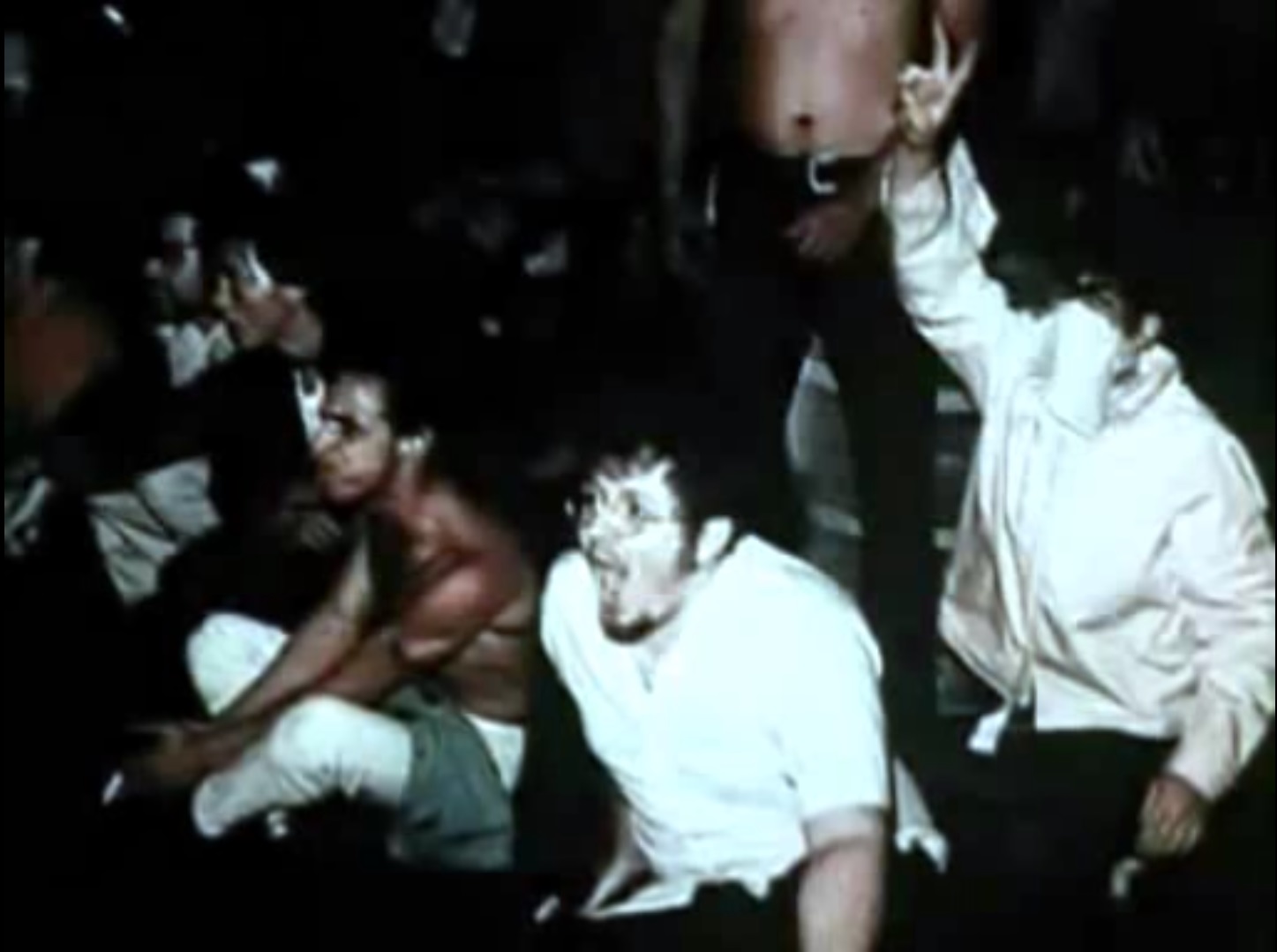
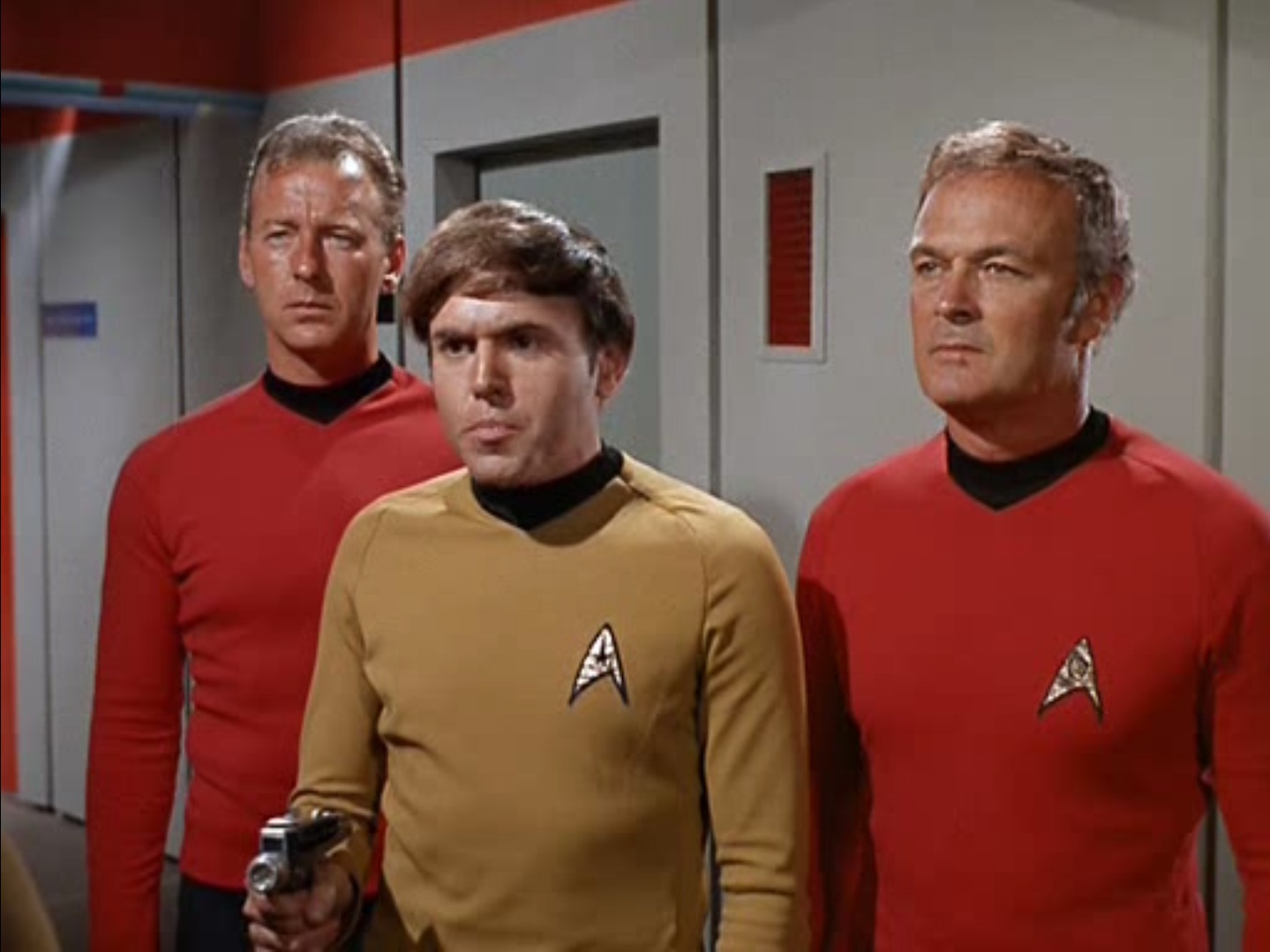

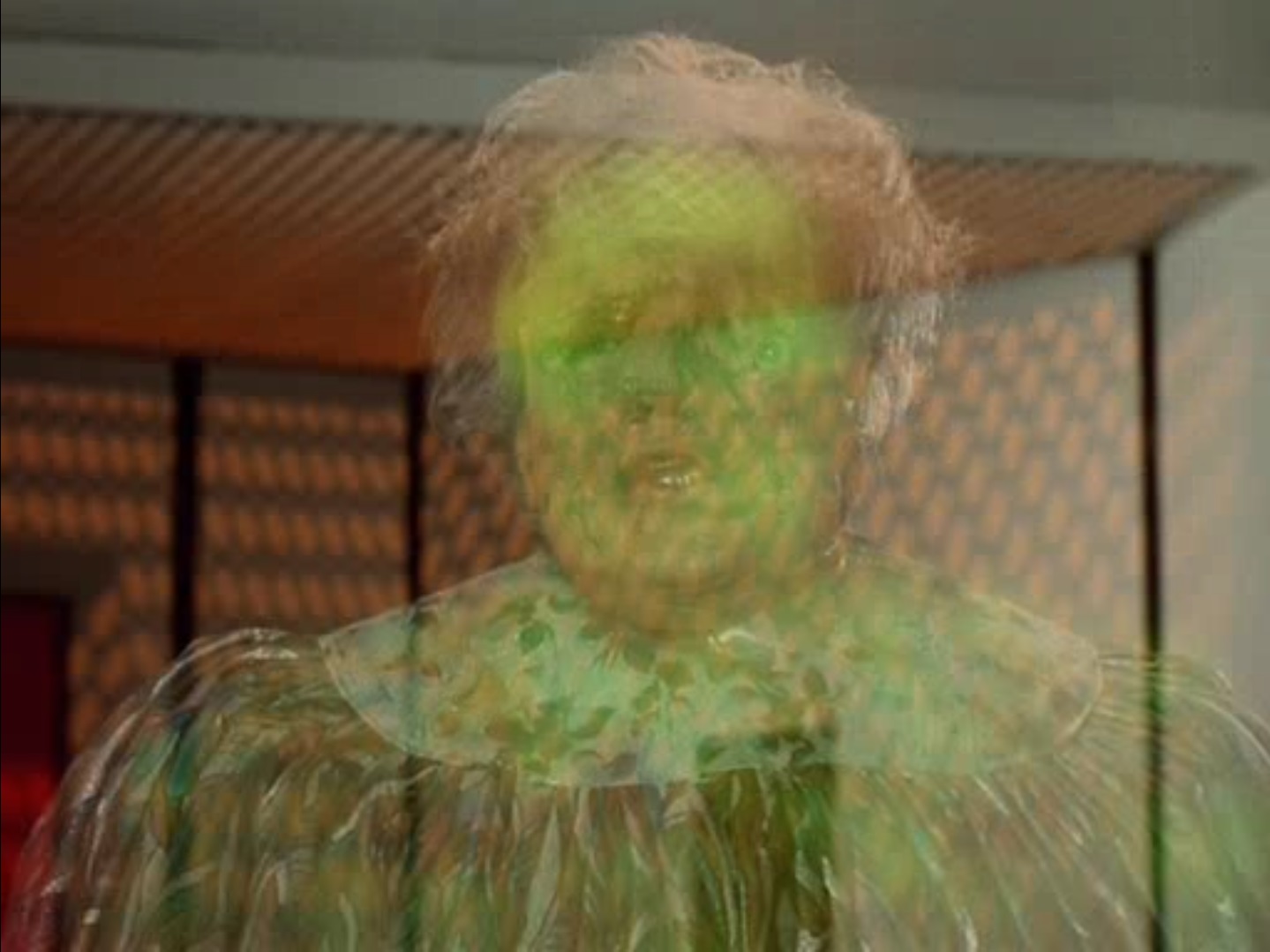


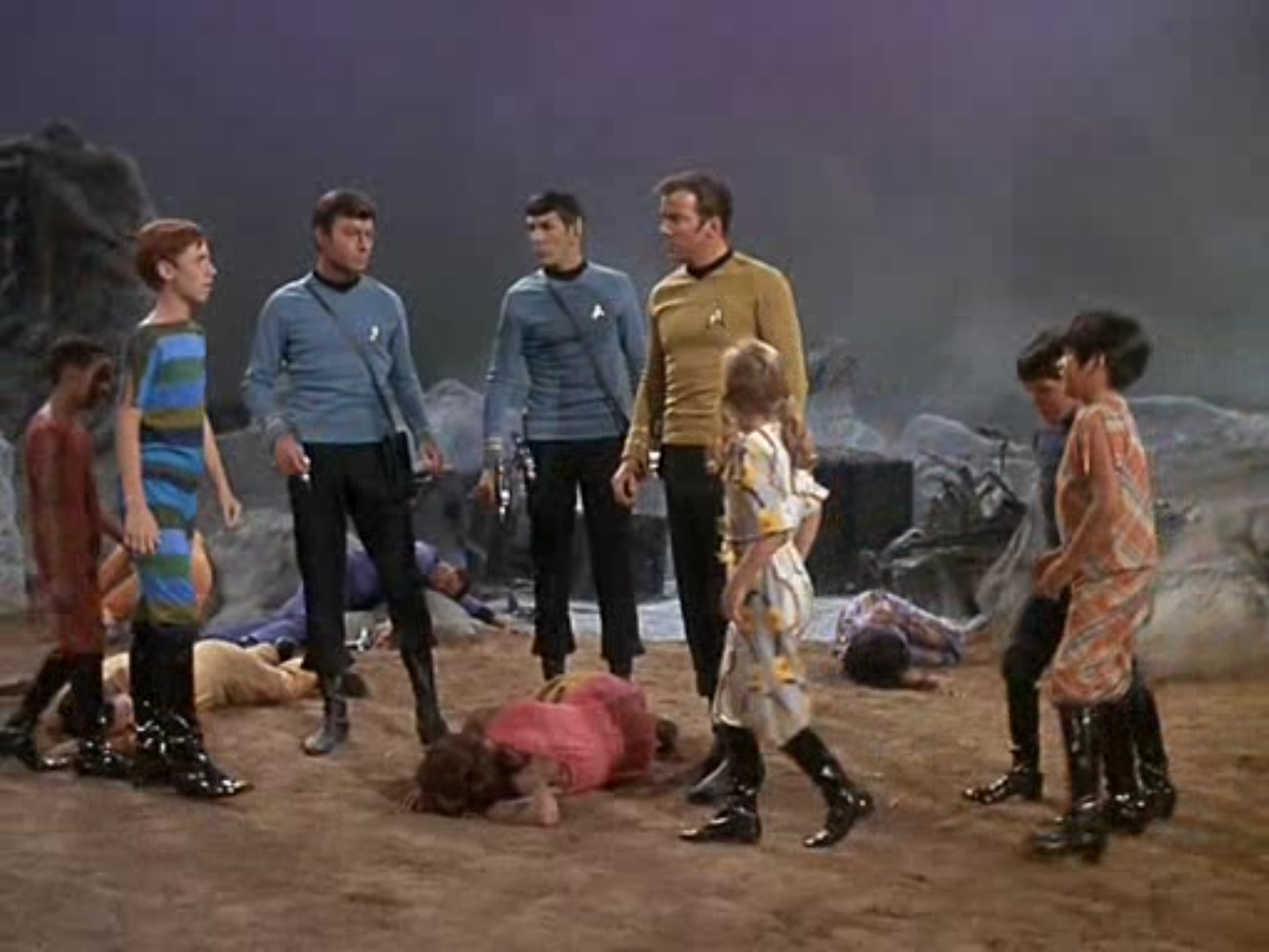
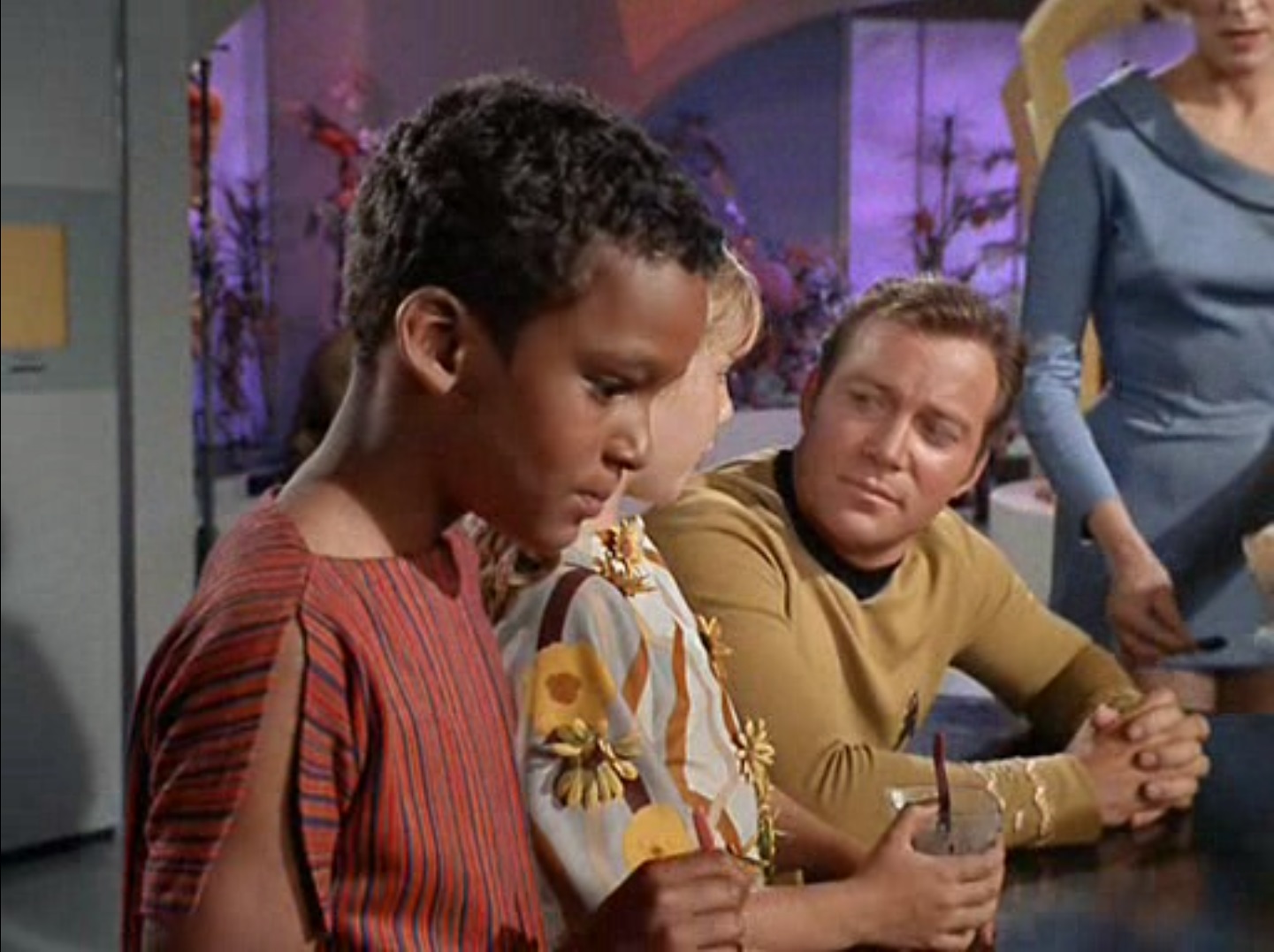

![[October 4, 1968] (<i>Star Trek</i>: "The Enterprise Incident")](https://galacticjourney.org/wp-content/uploads/2023/10/681004title-672x372.jpg)
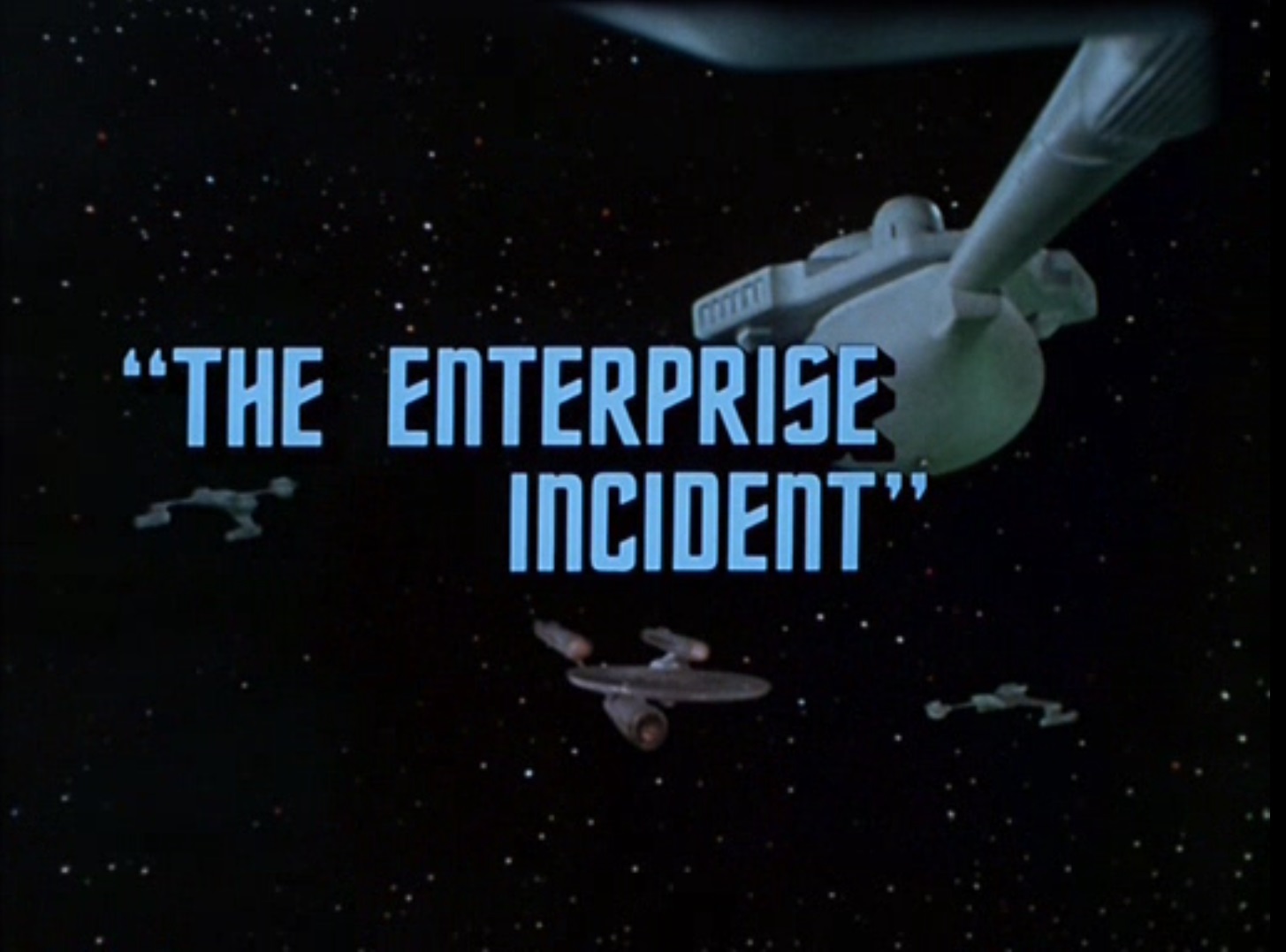
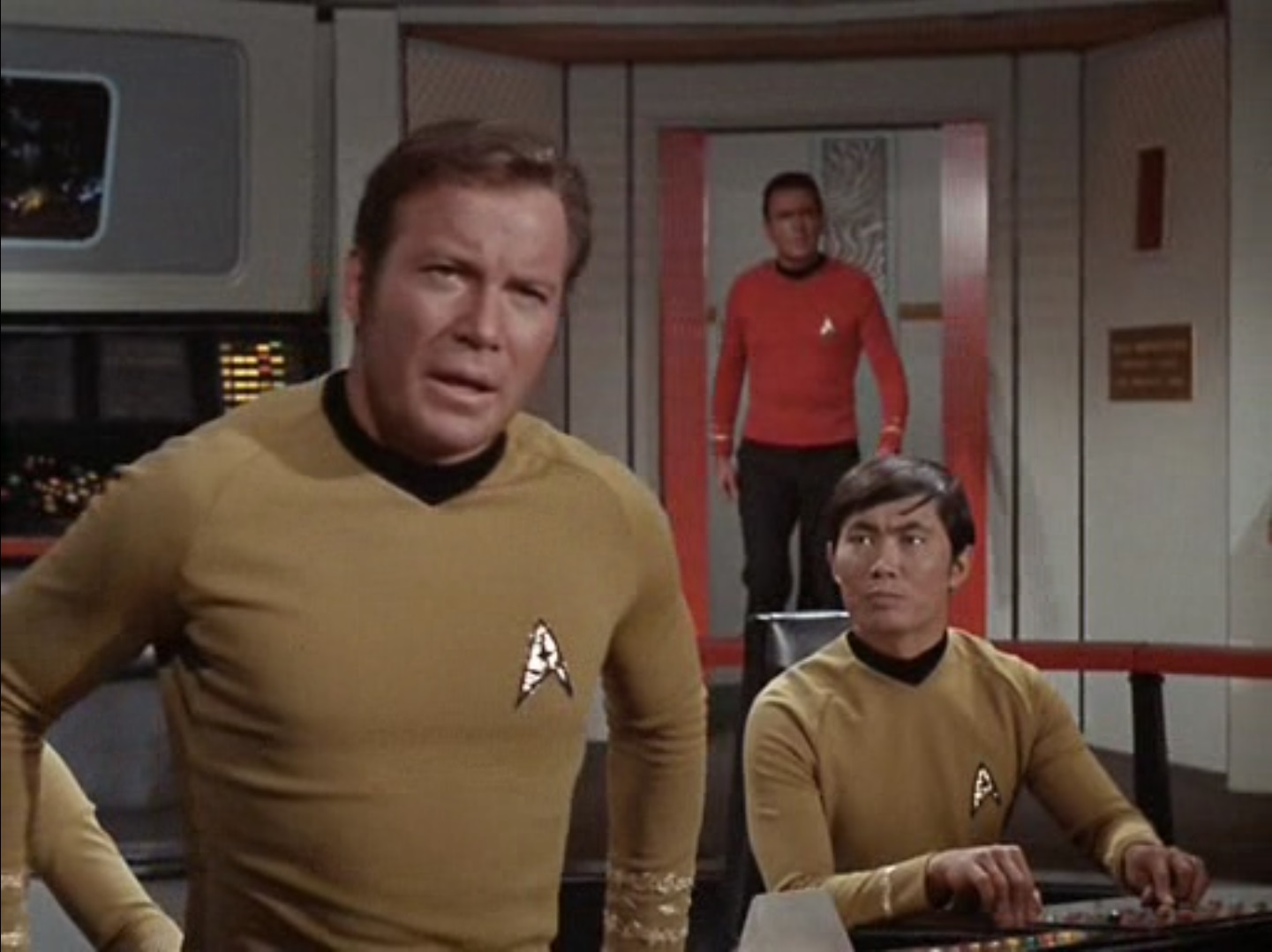
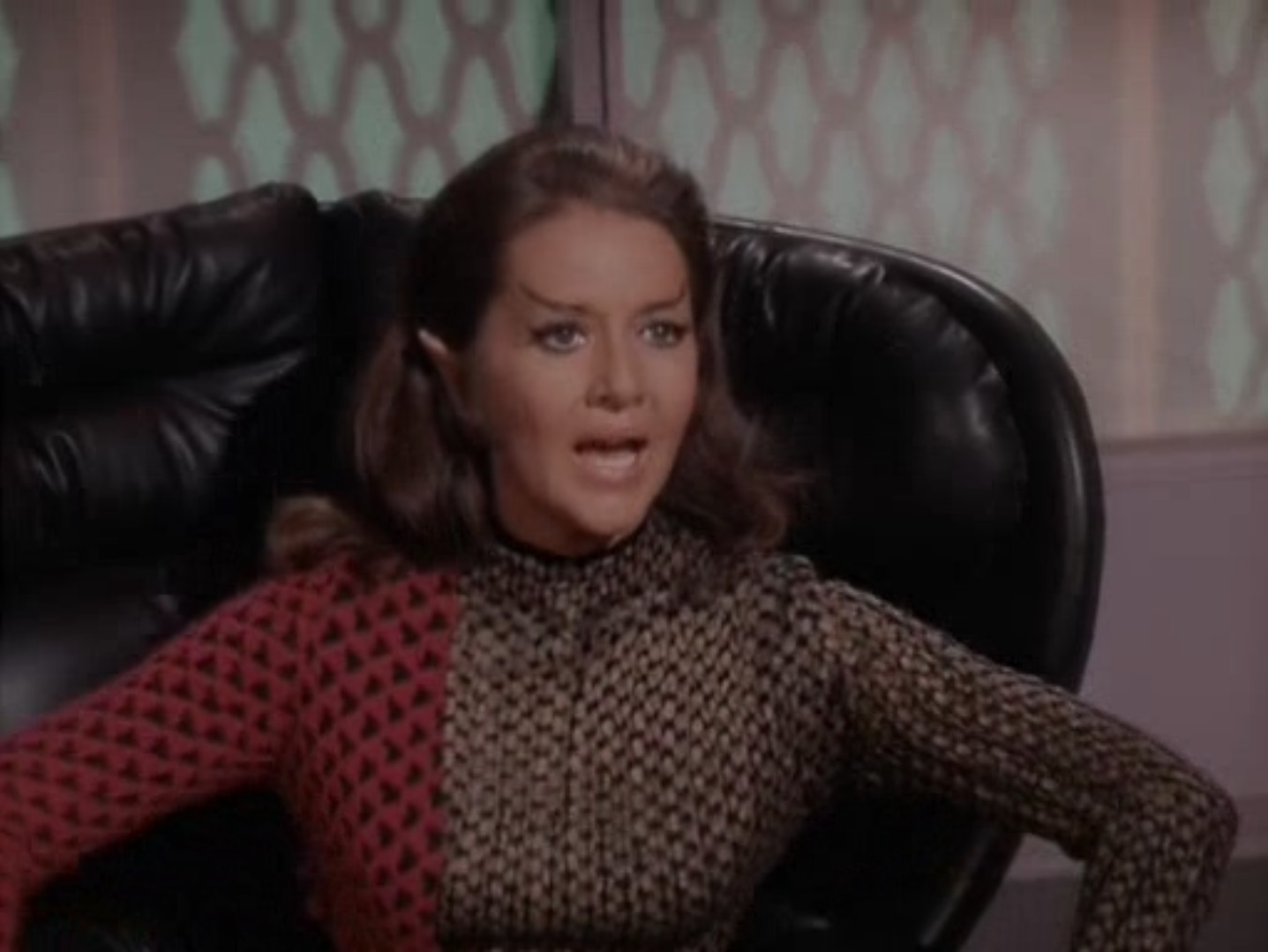
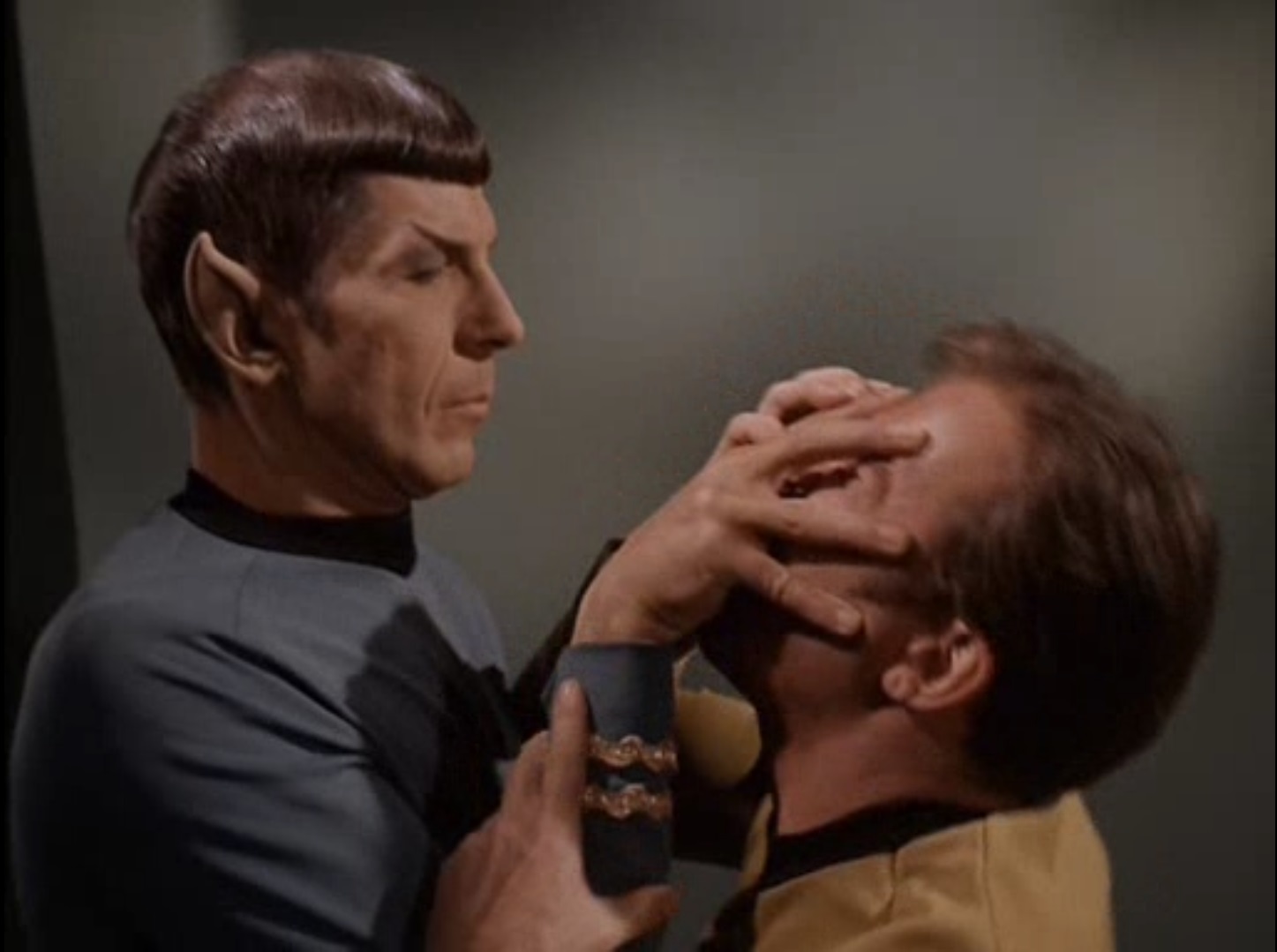

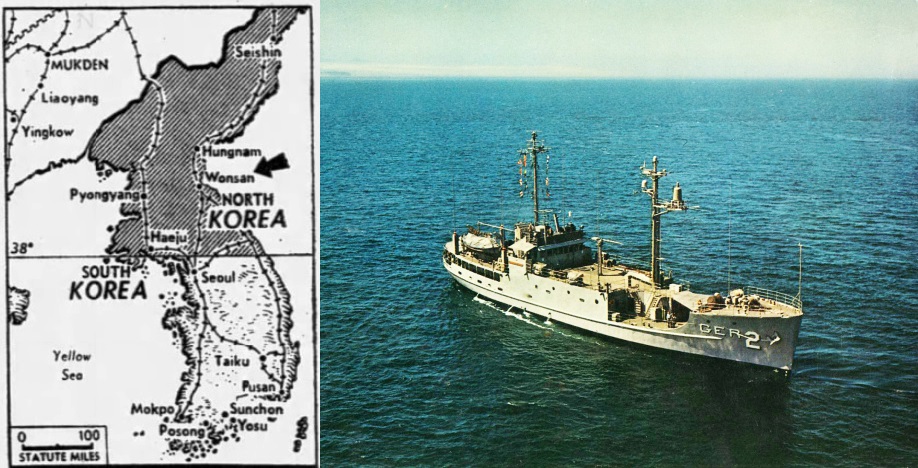
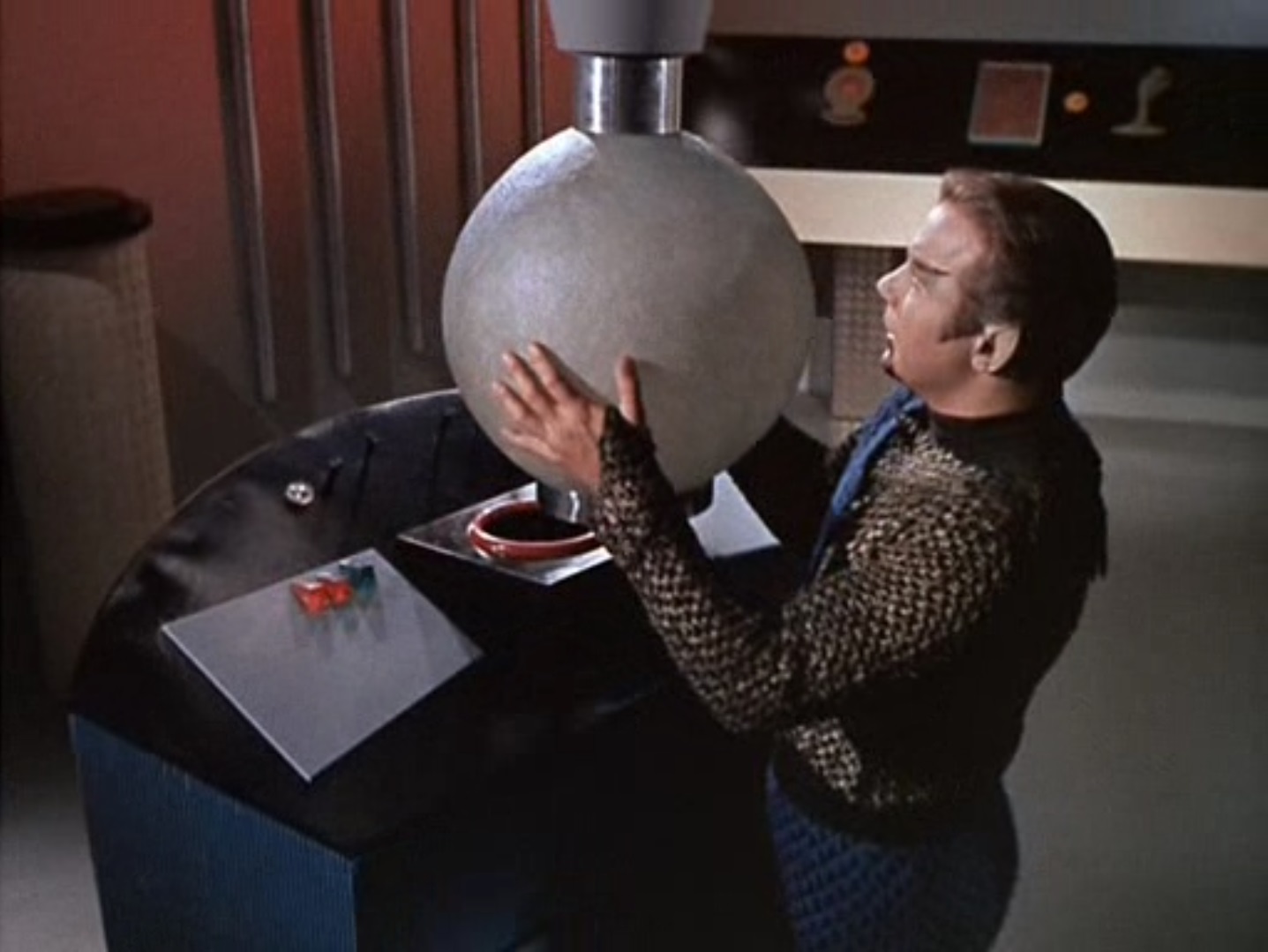


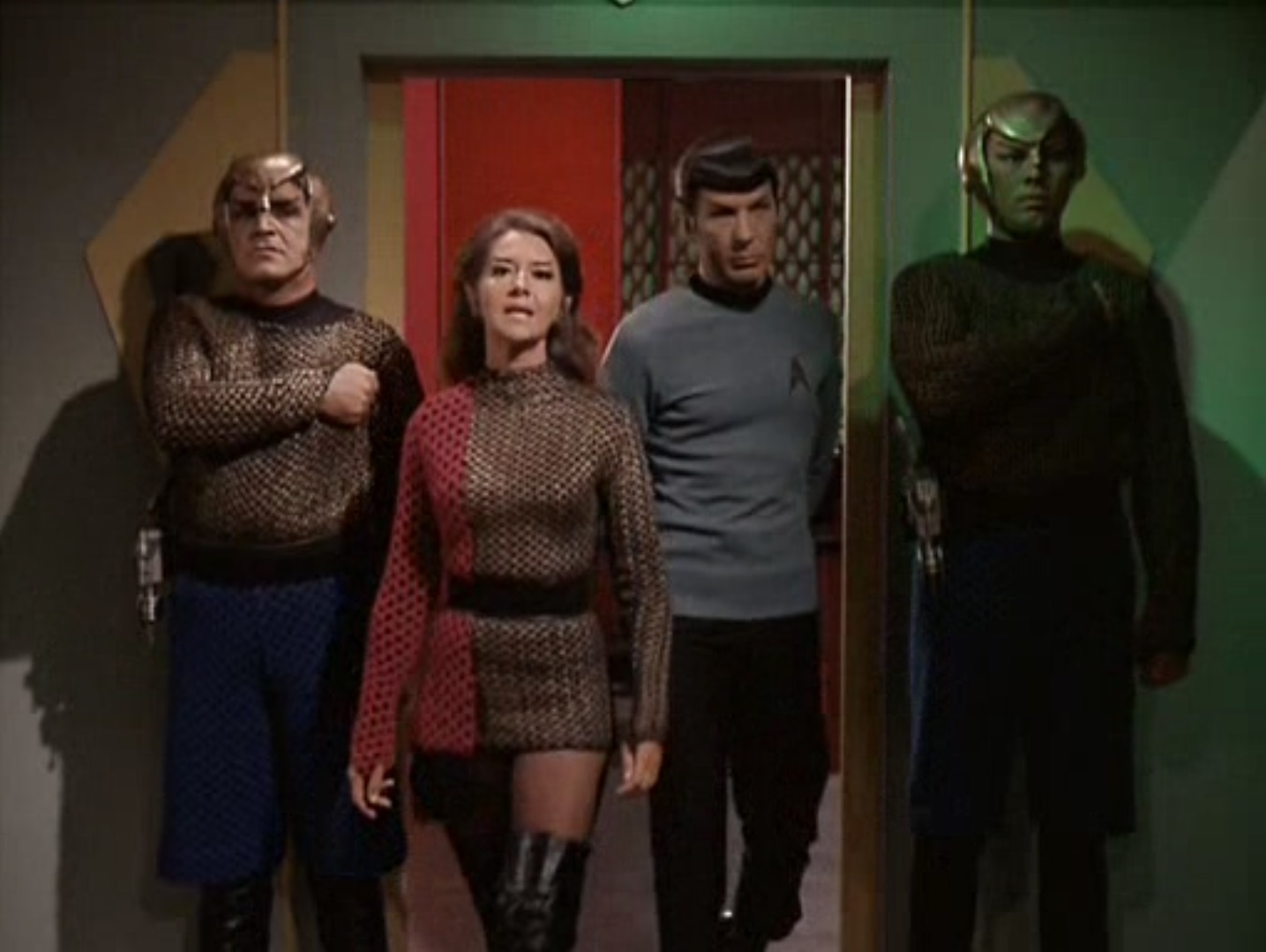
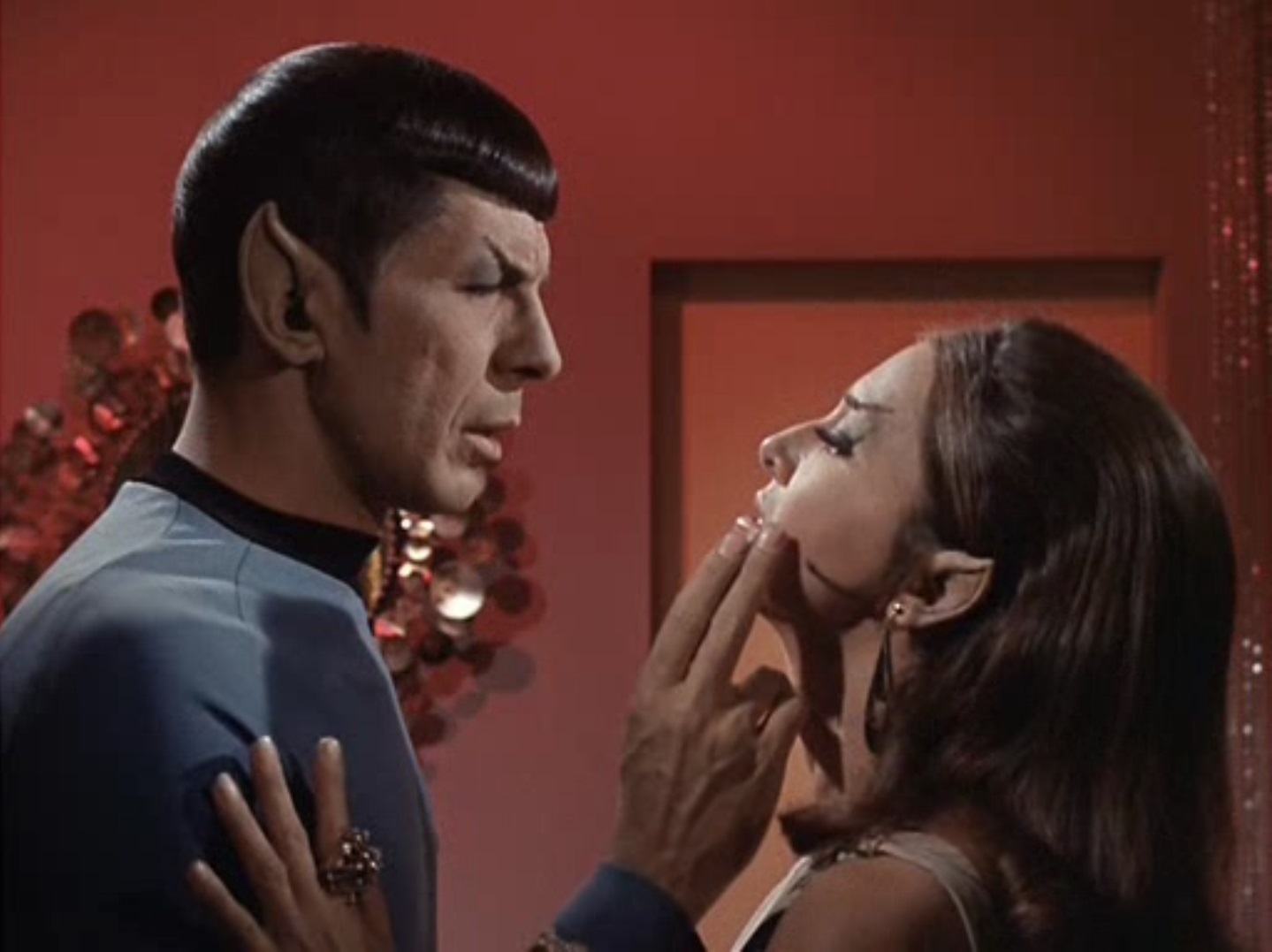
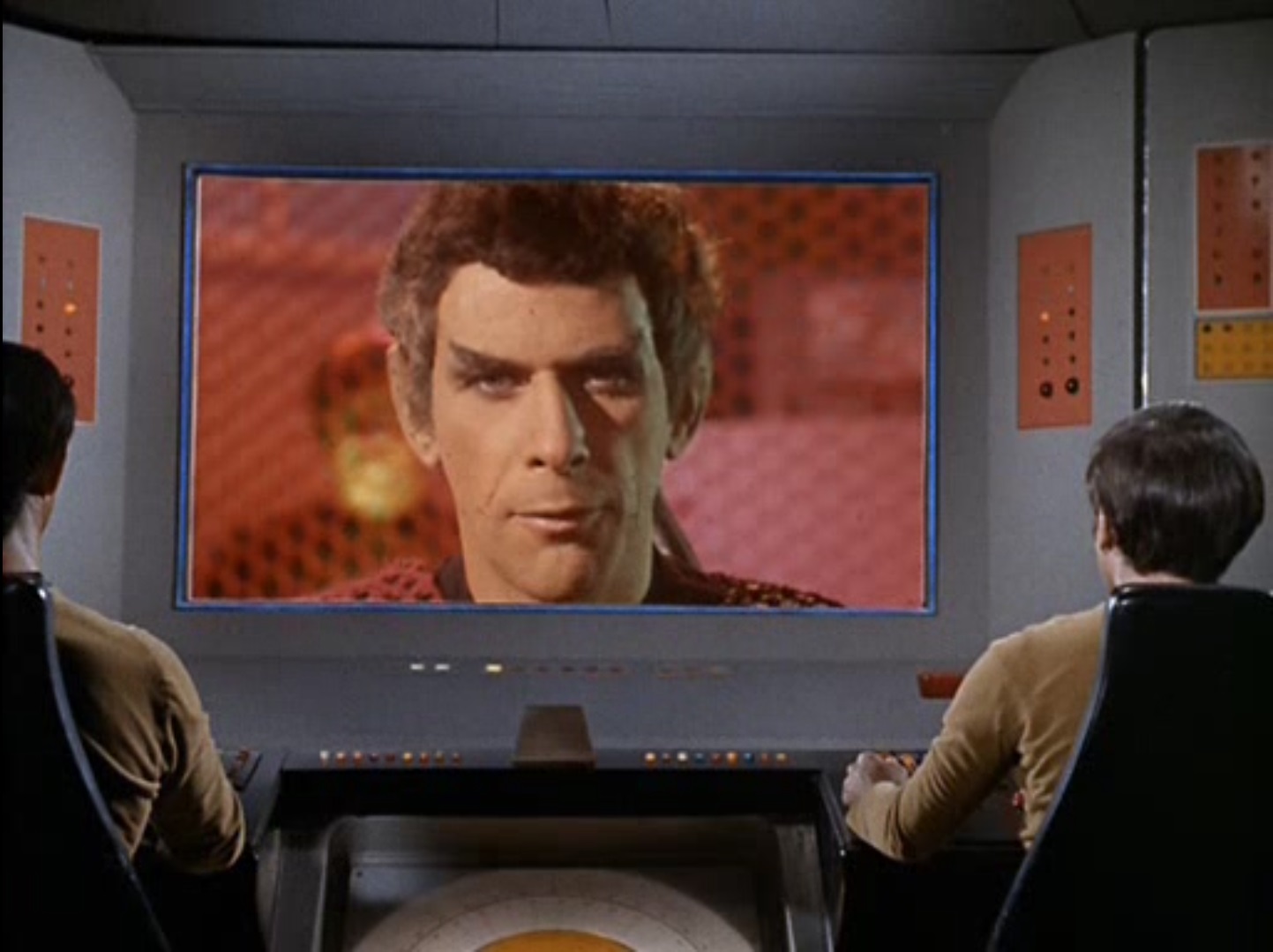
![[September 26, 1968] Brain drain: (<i>Star Trek</i>: "Spock's Brain")](https://galacticjourney.org/wp-content/uploads/2023/09/680926title-672x372.jpg)












